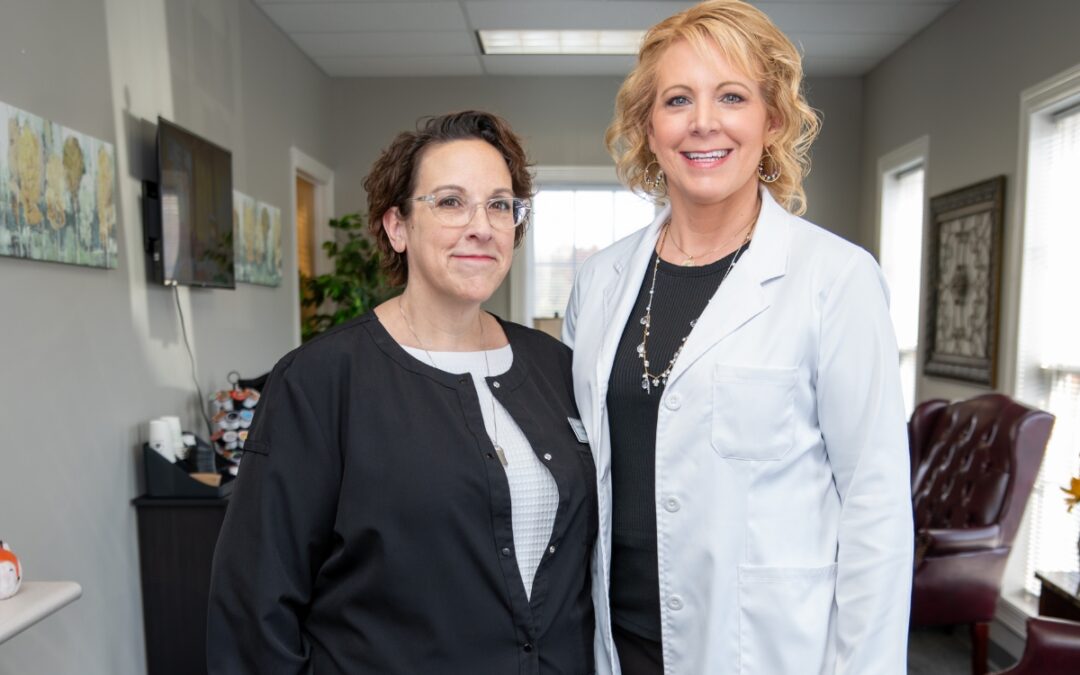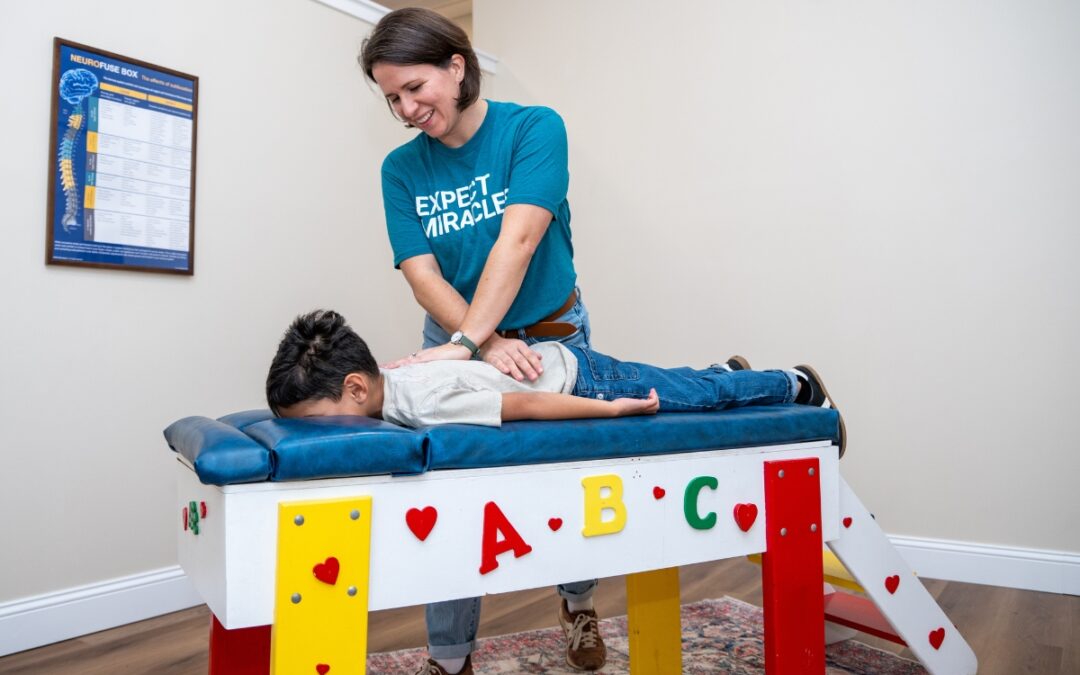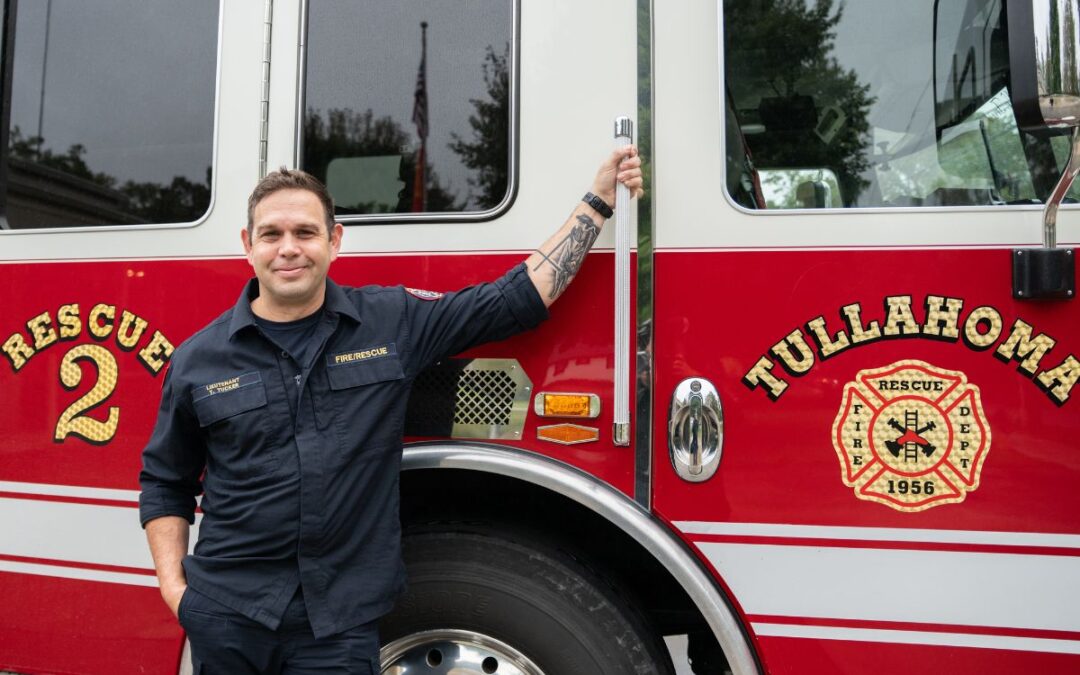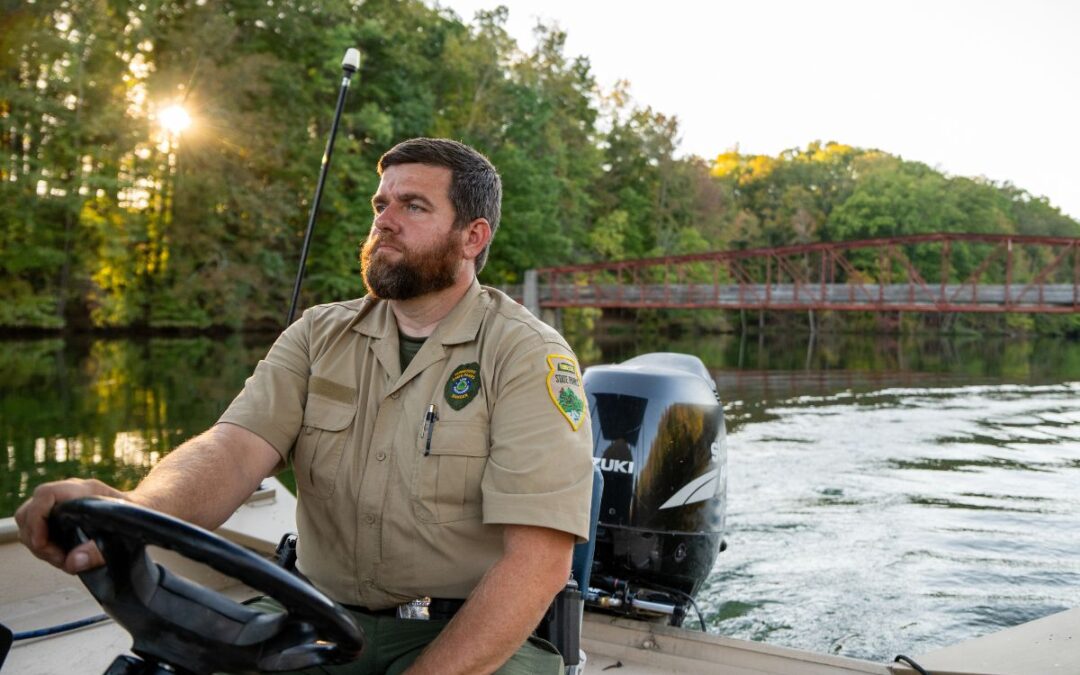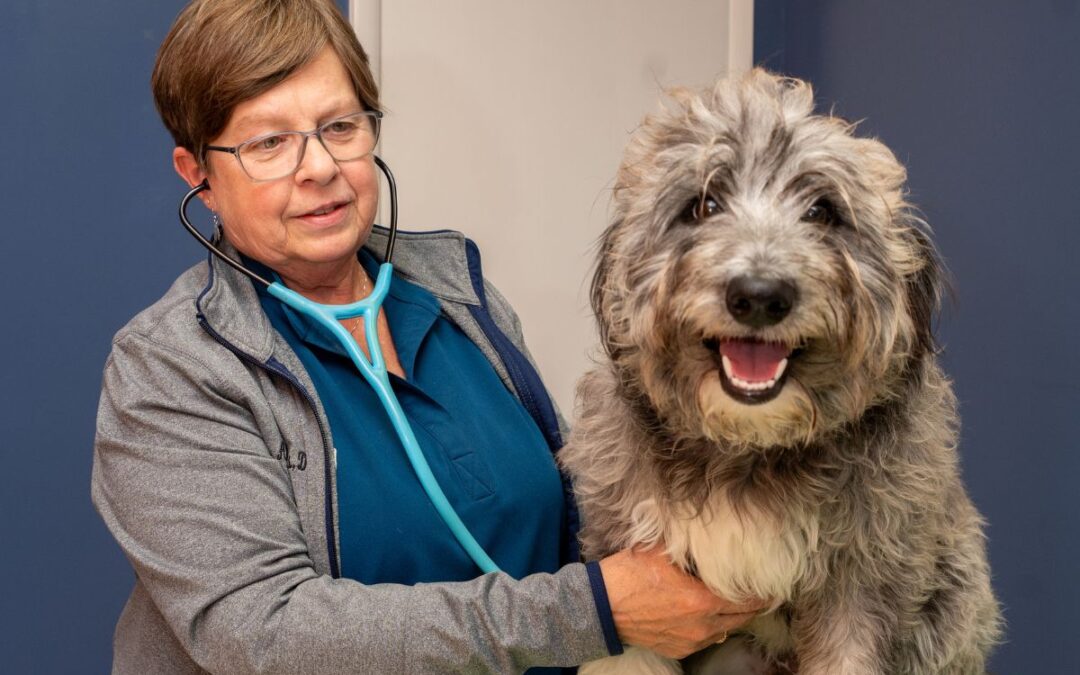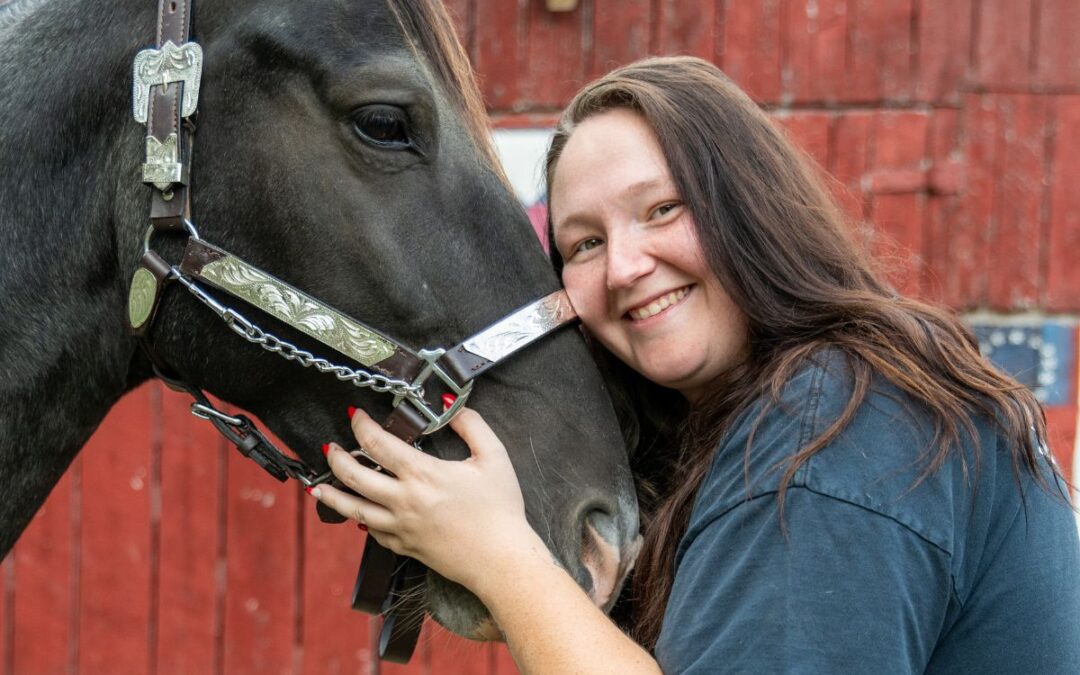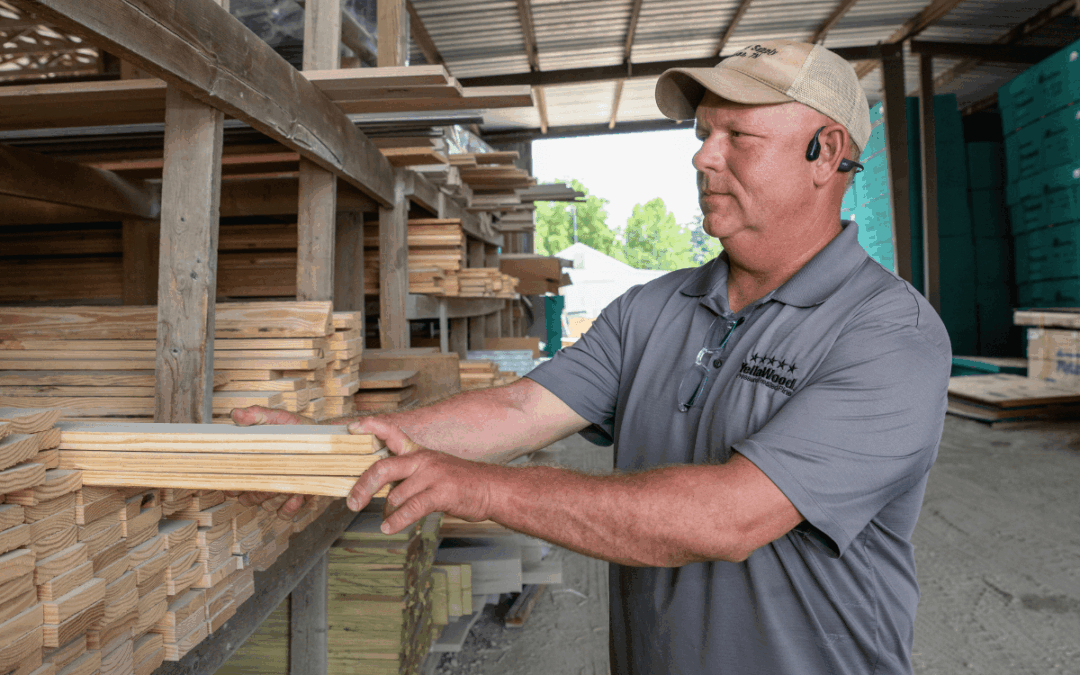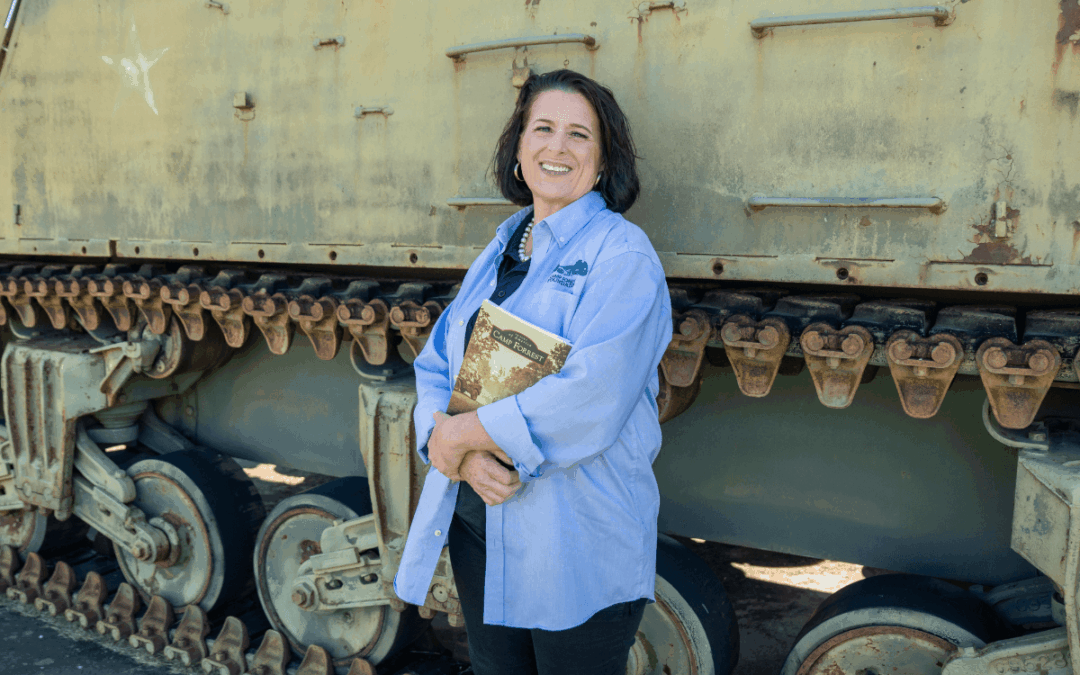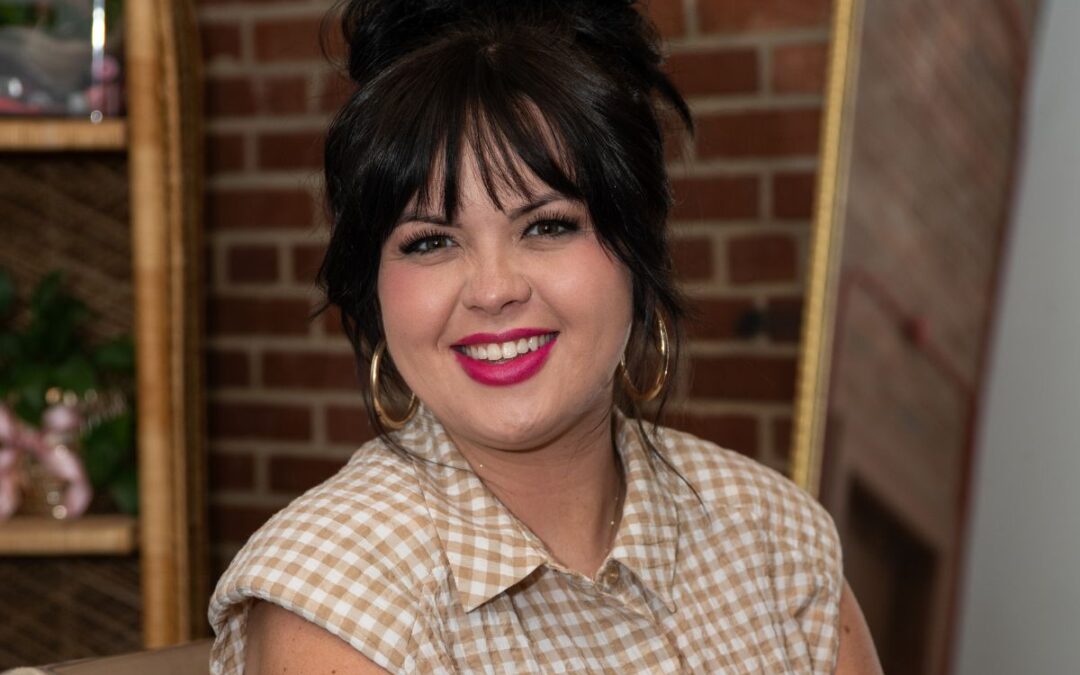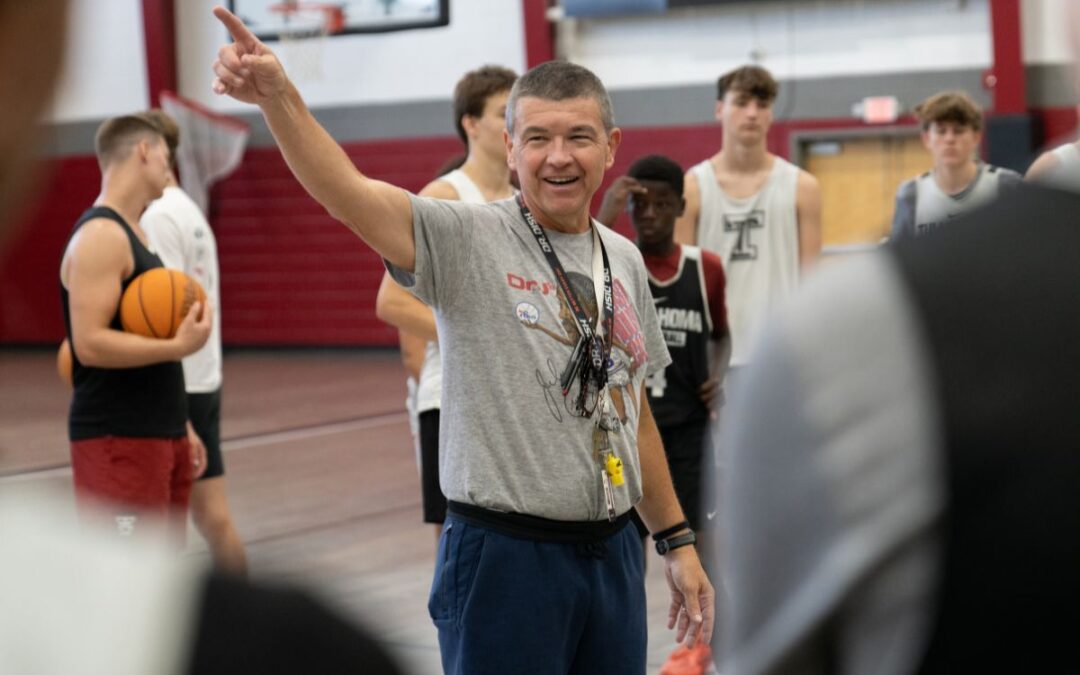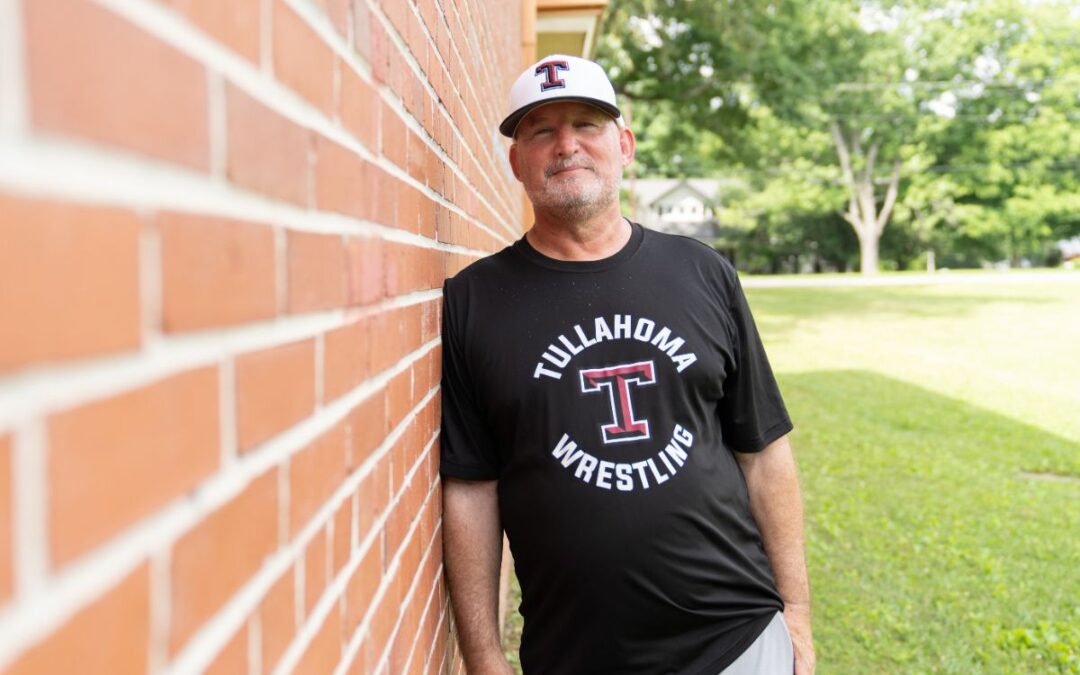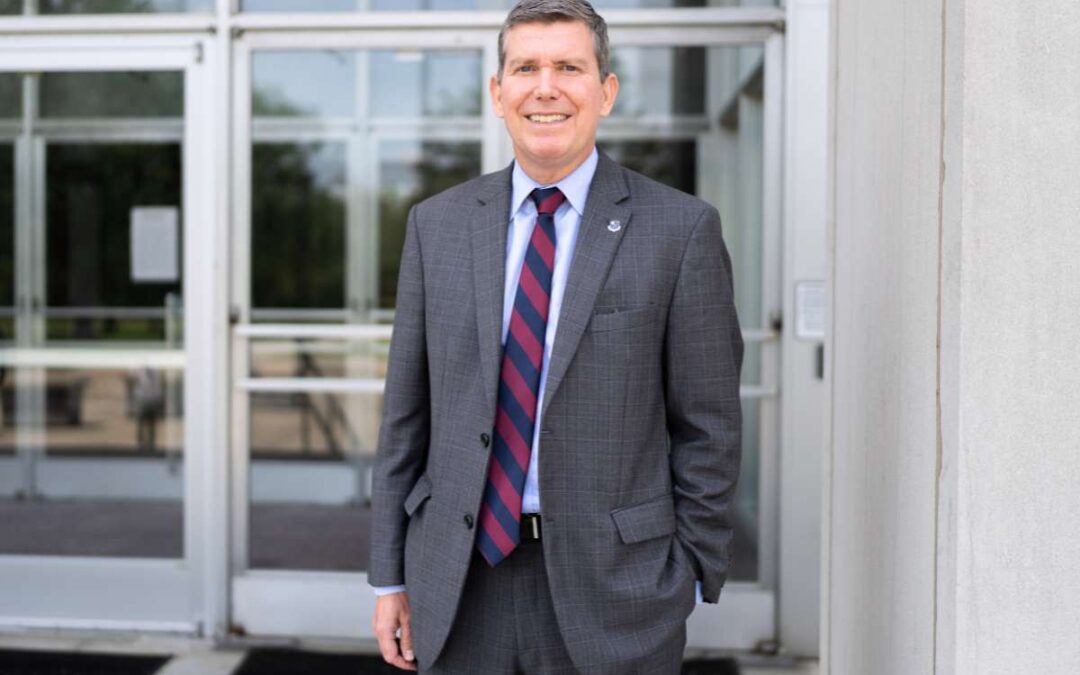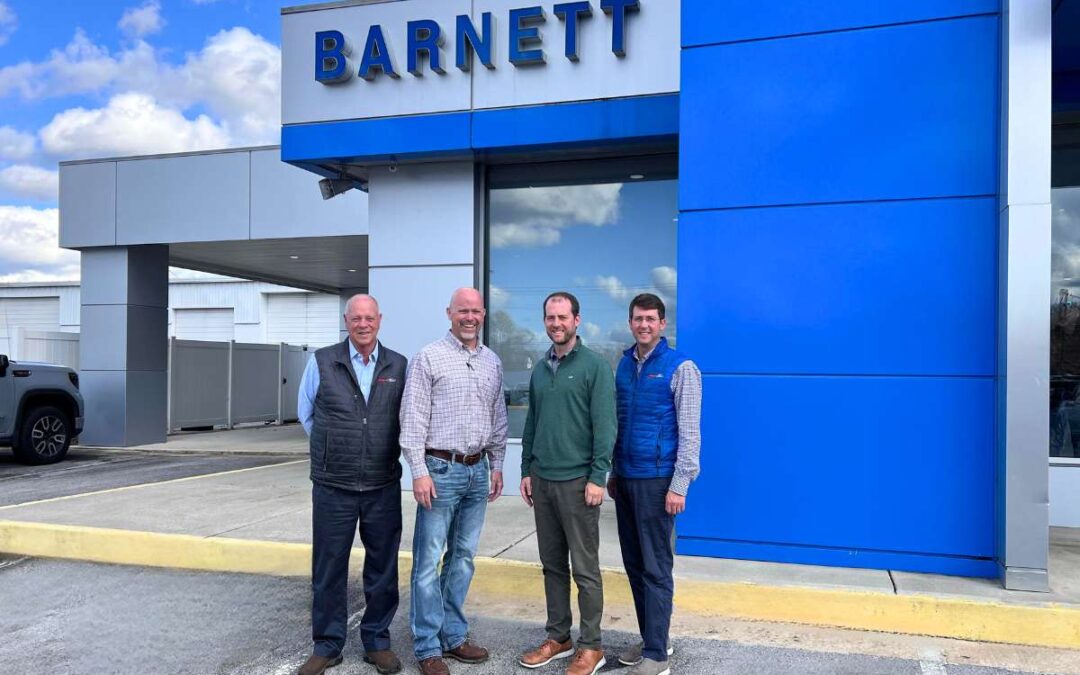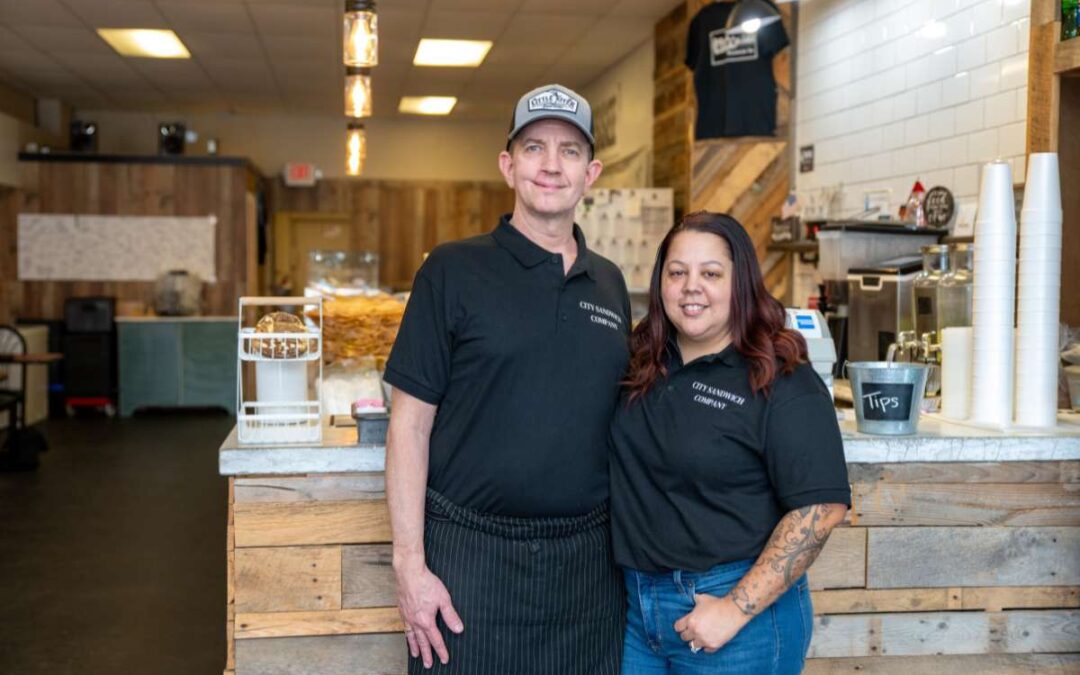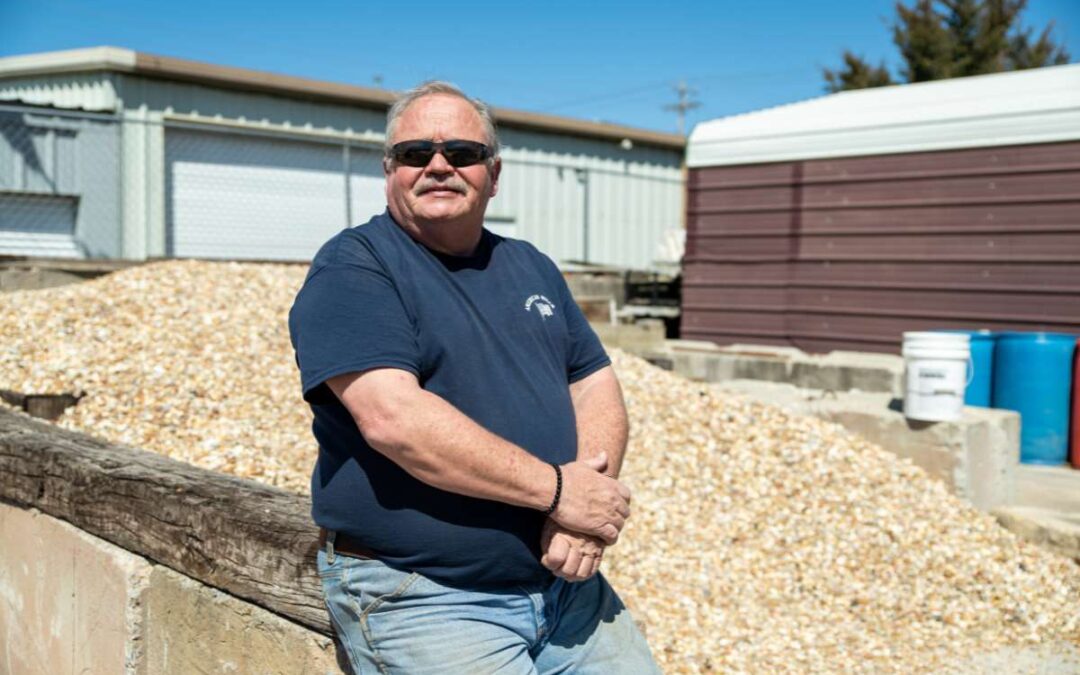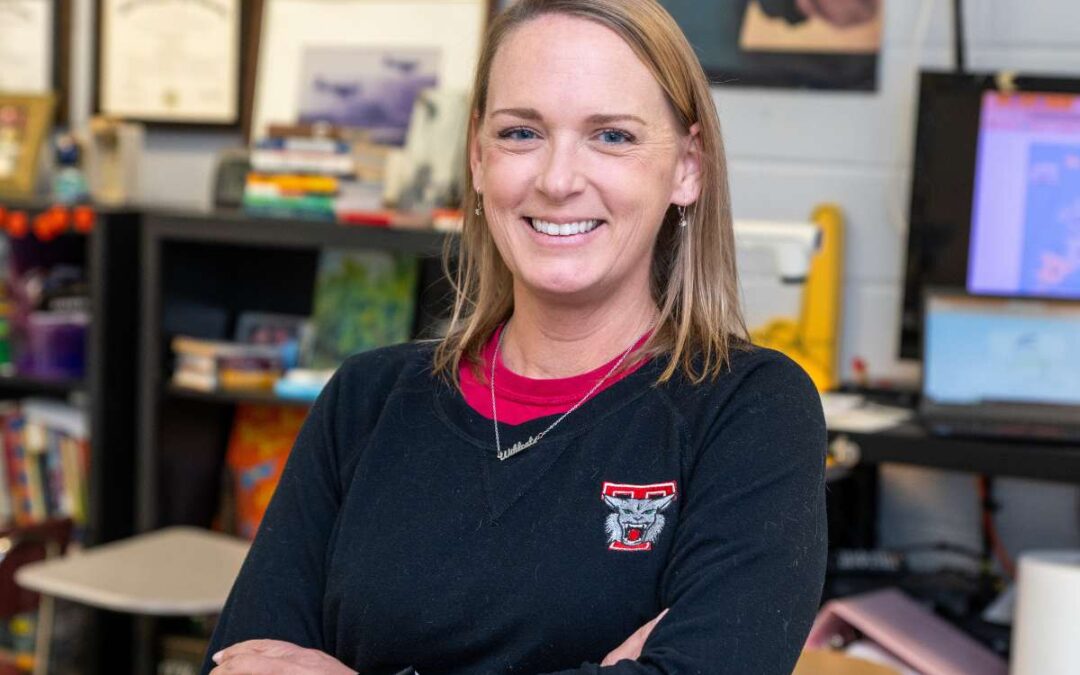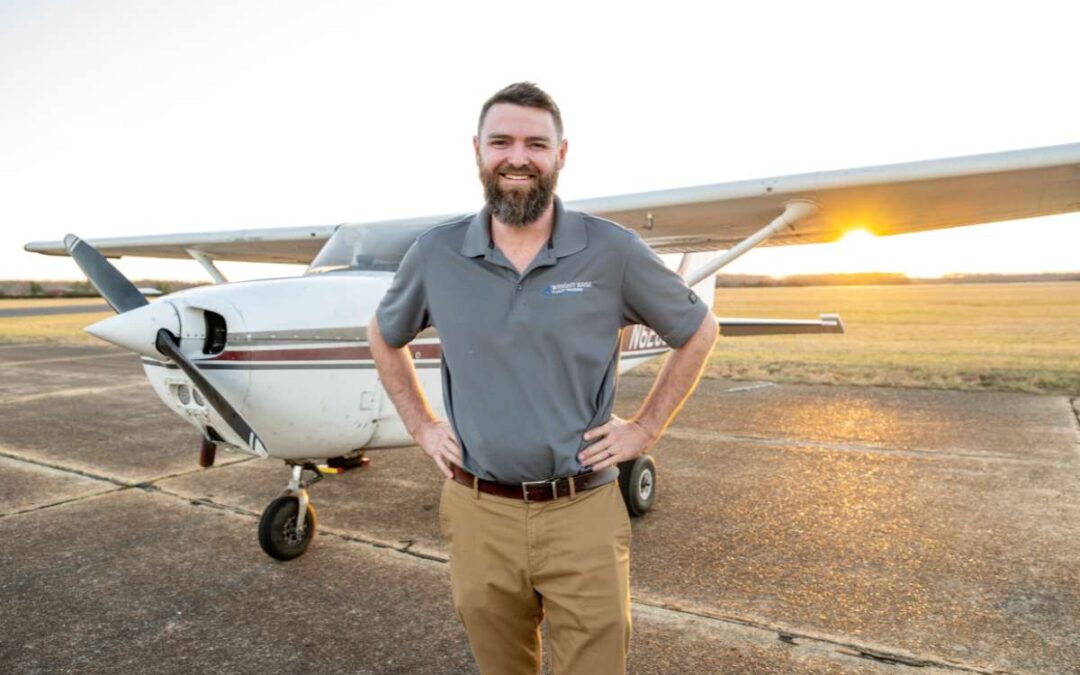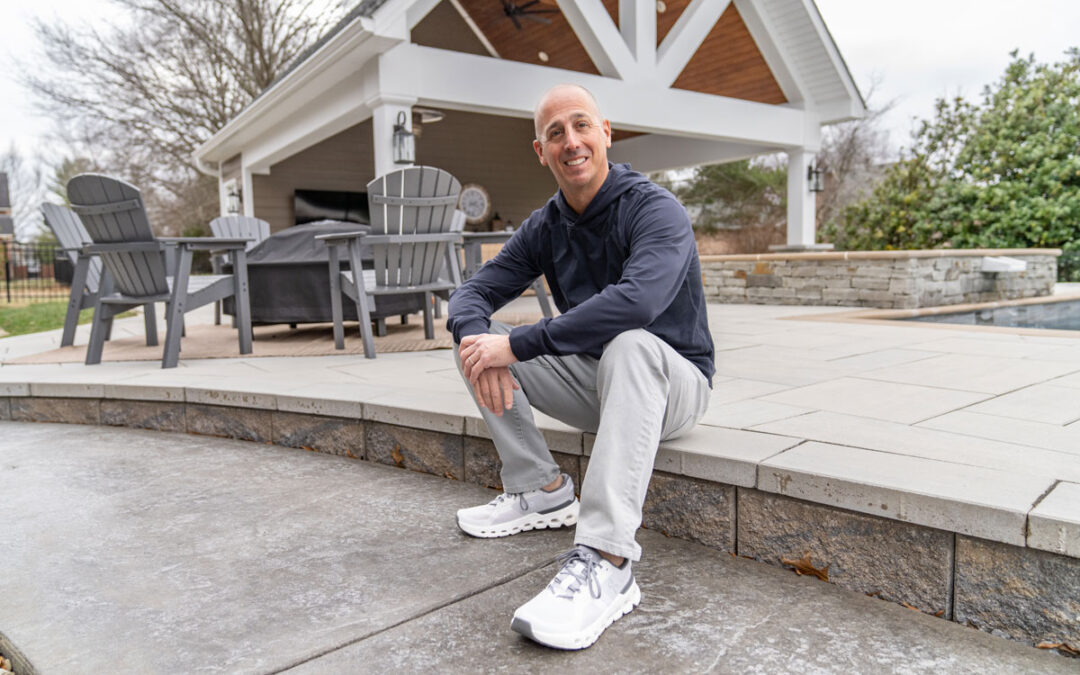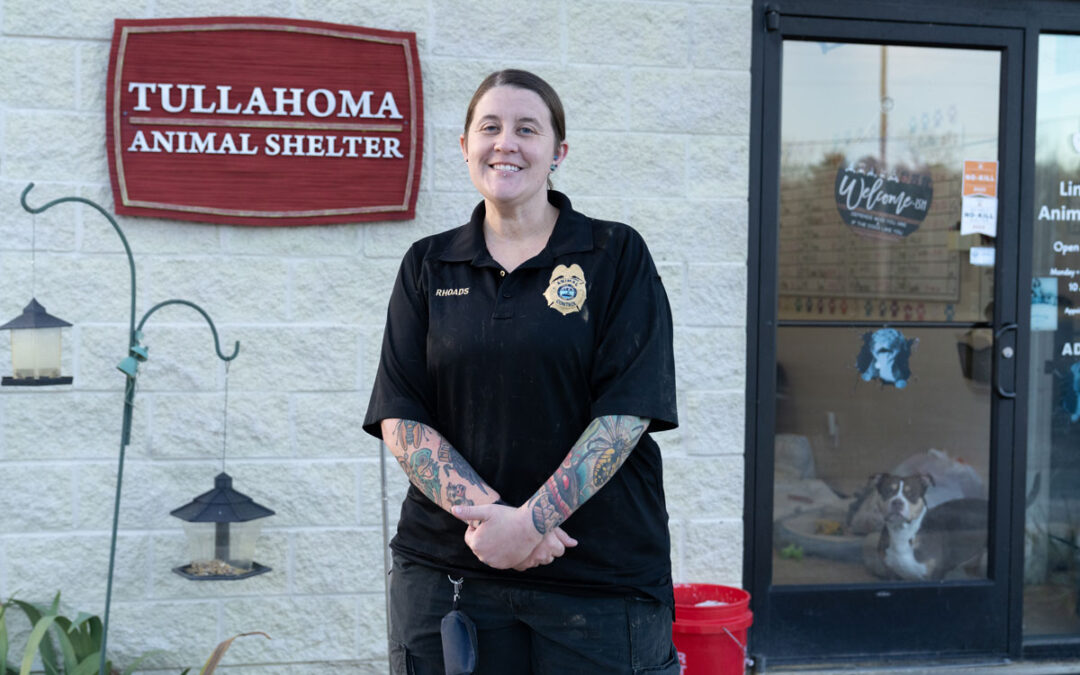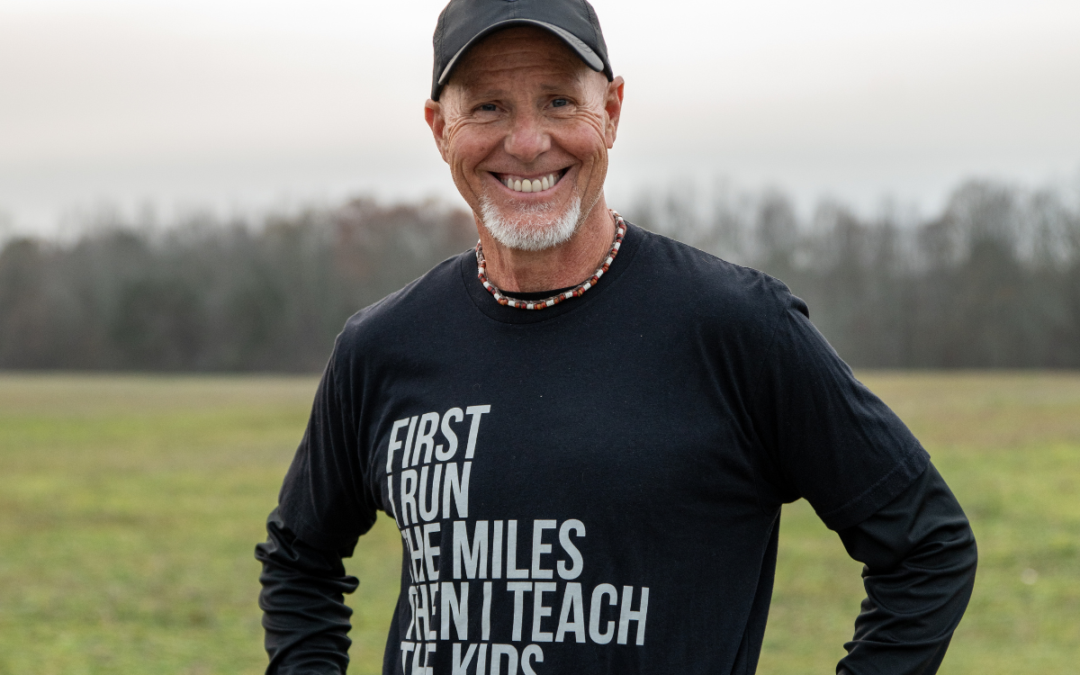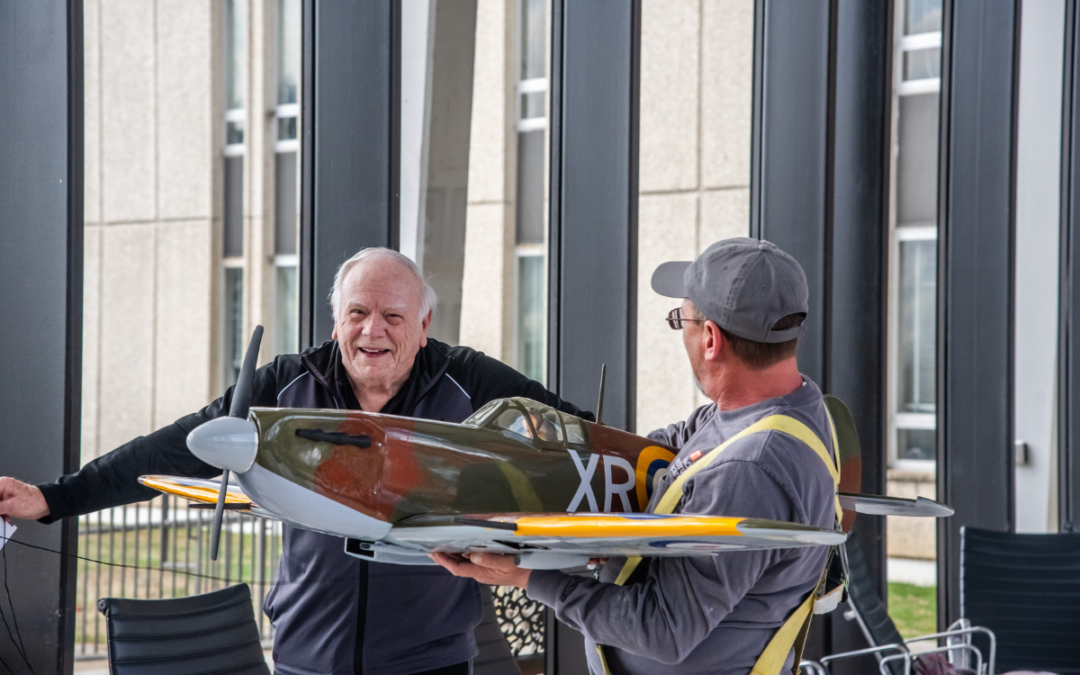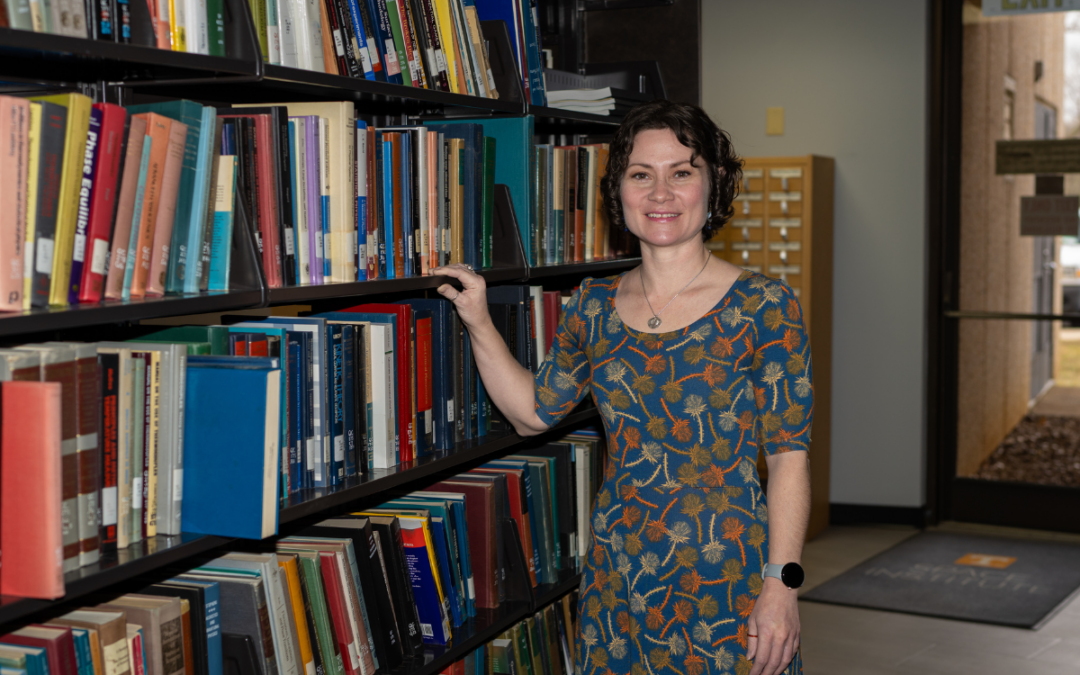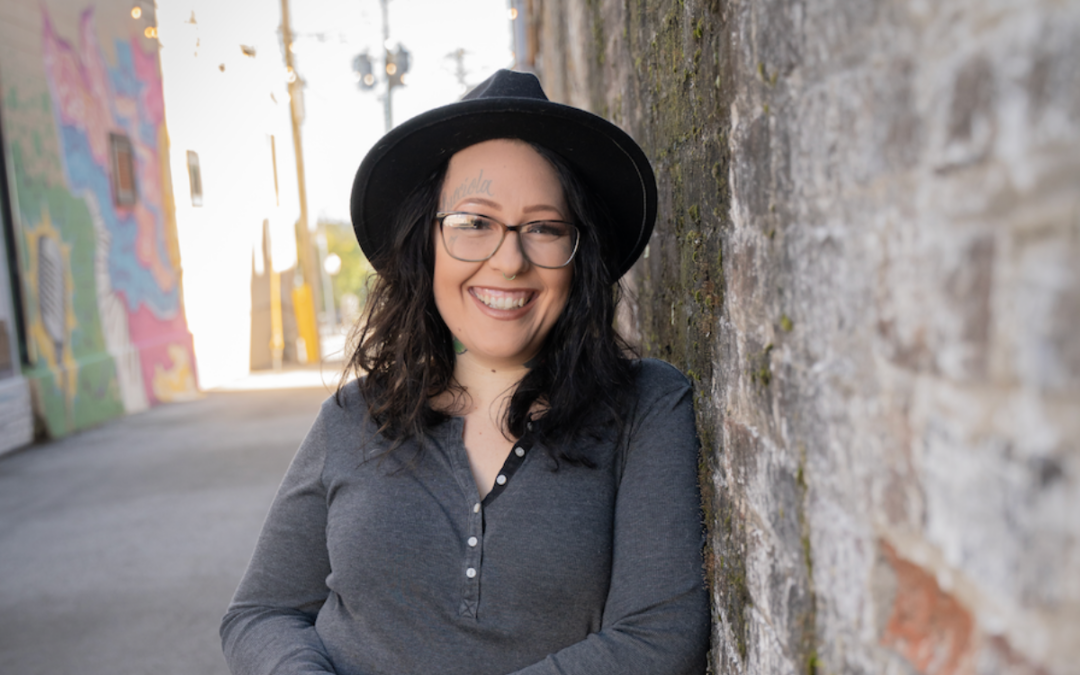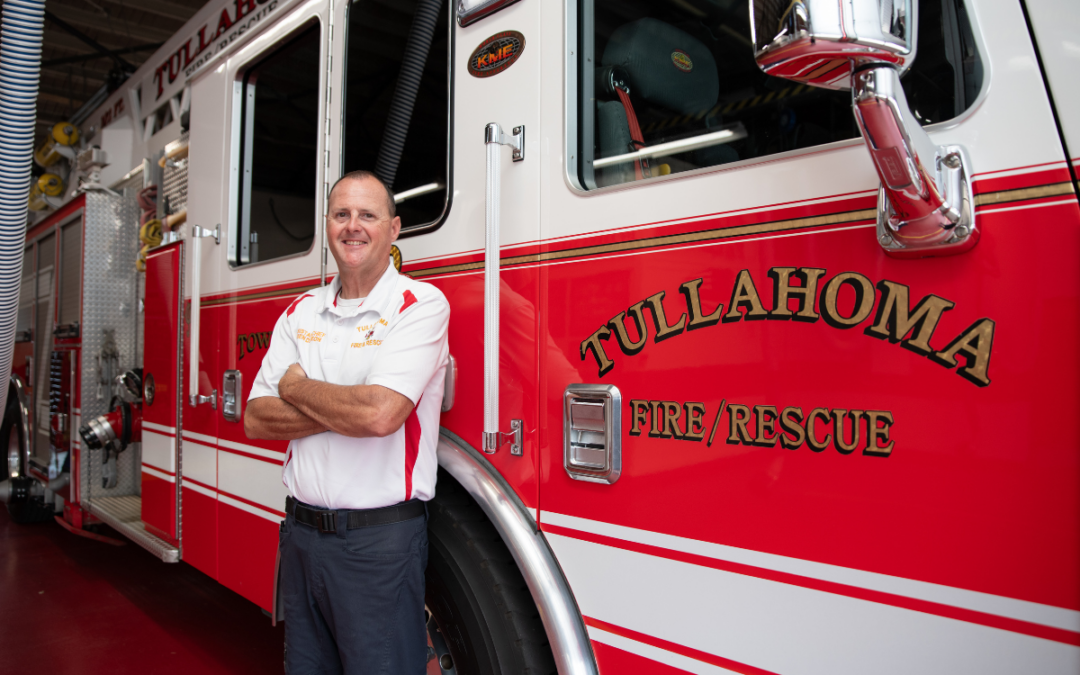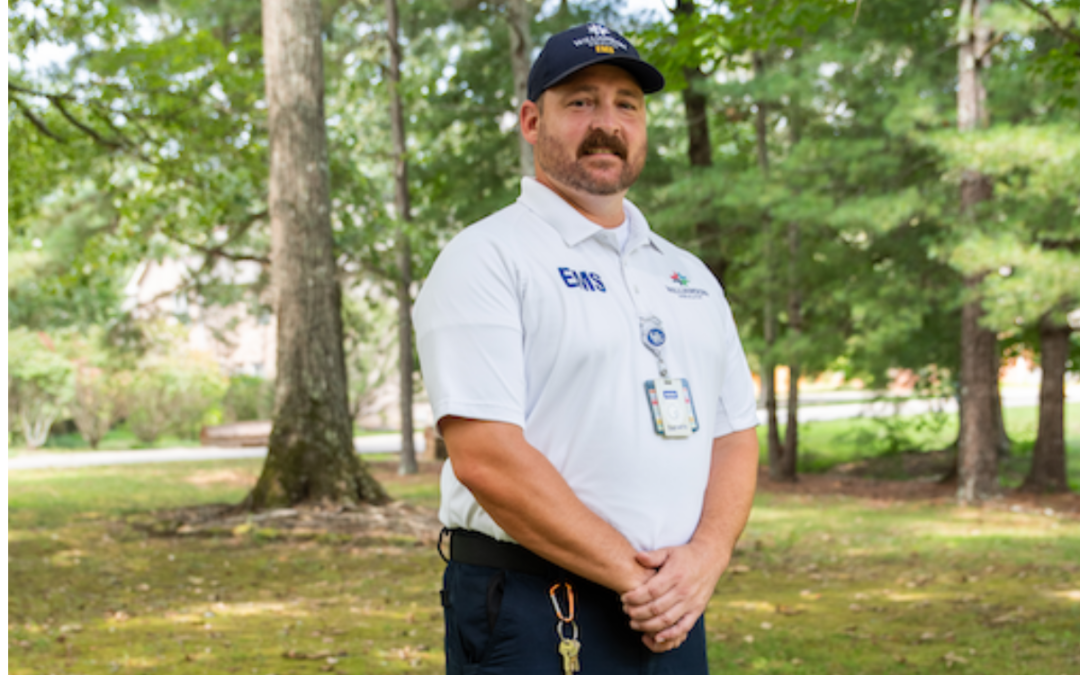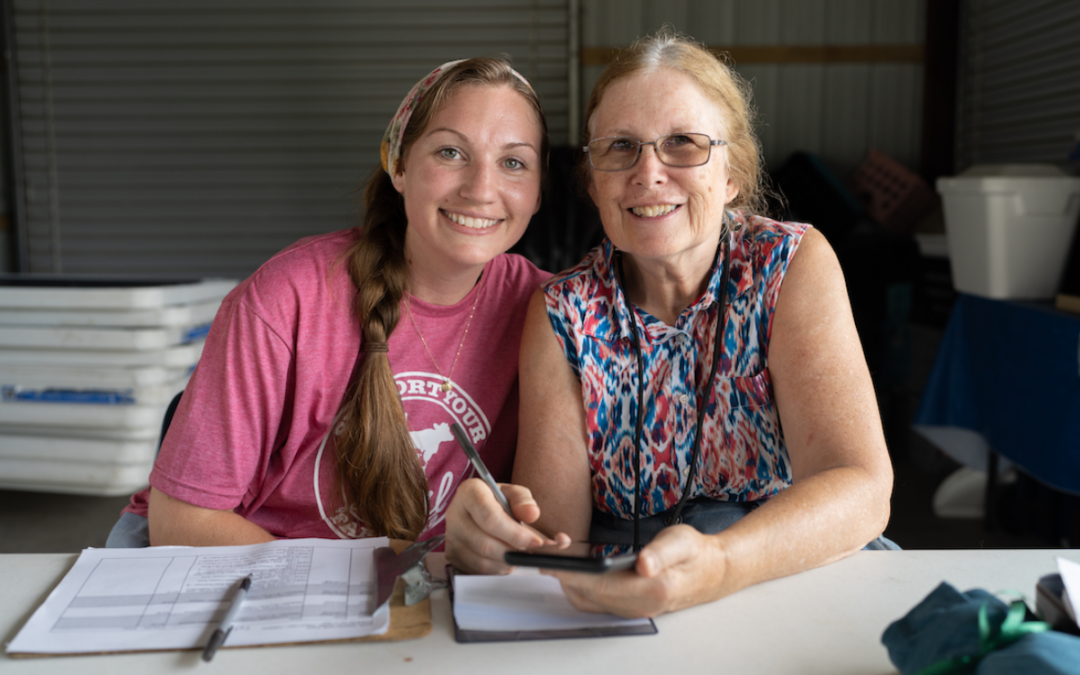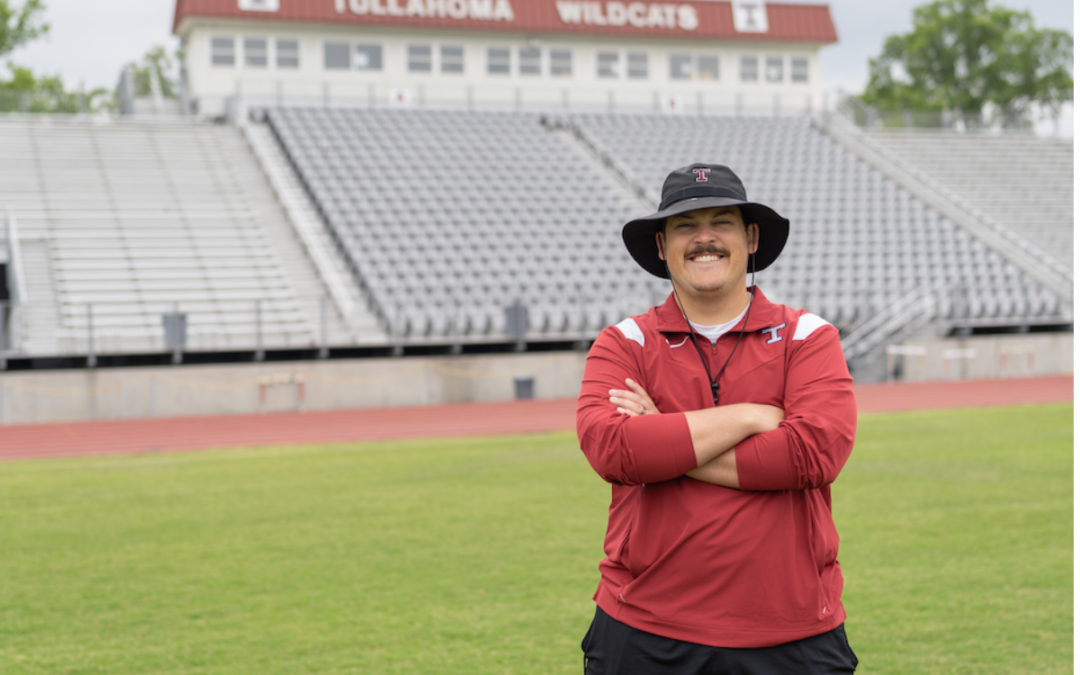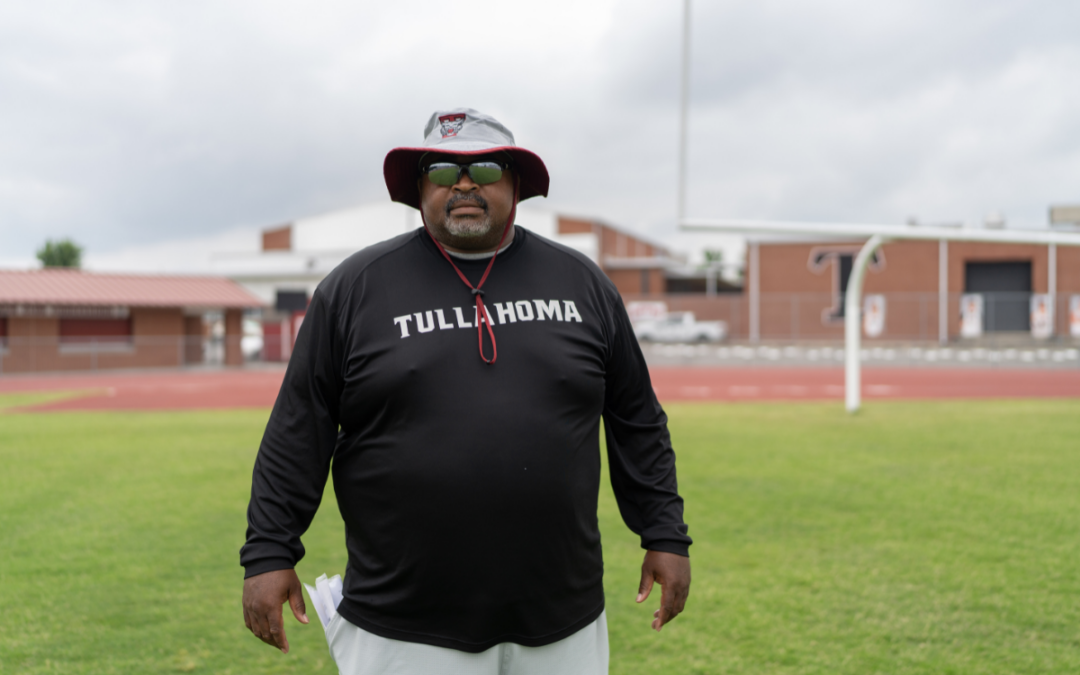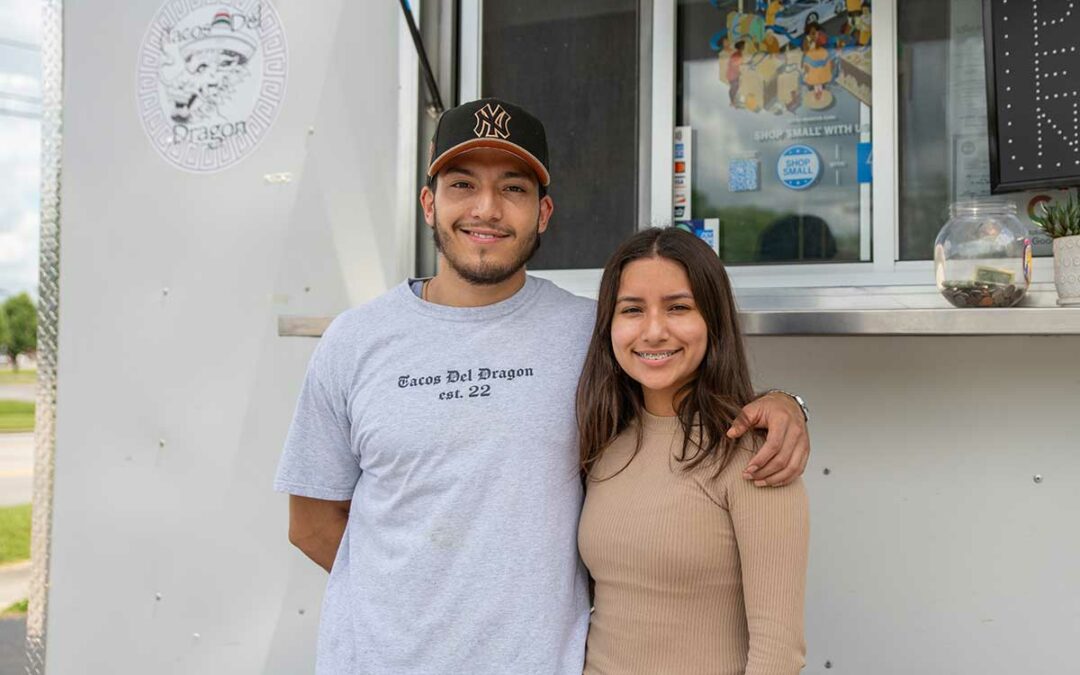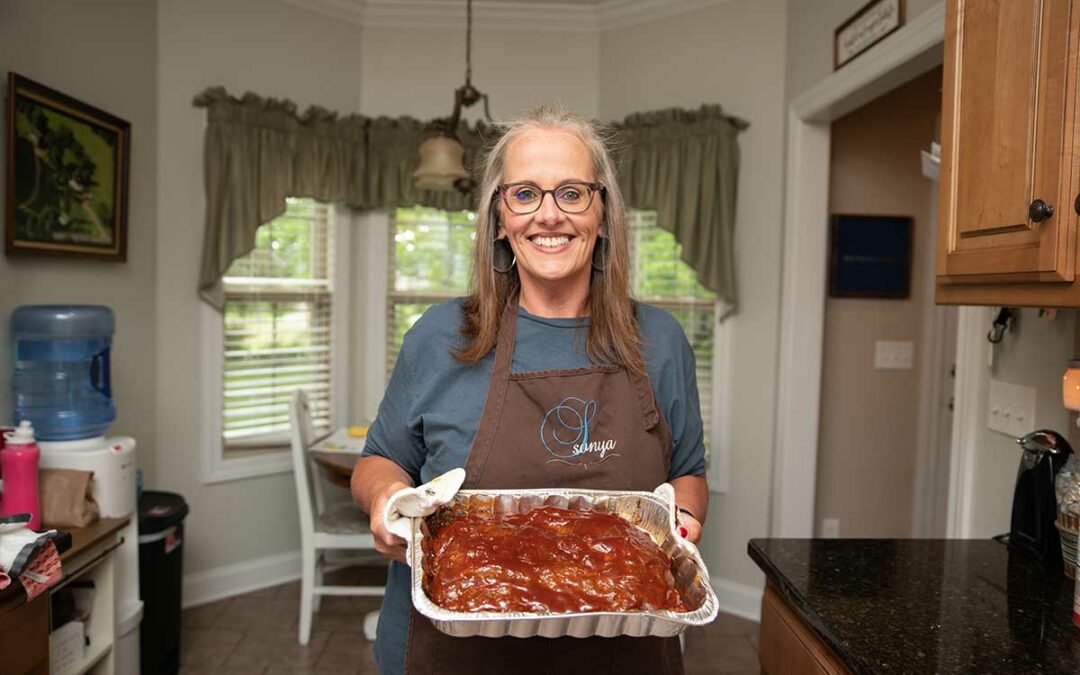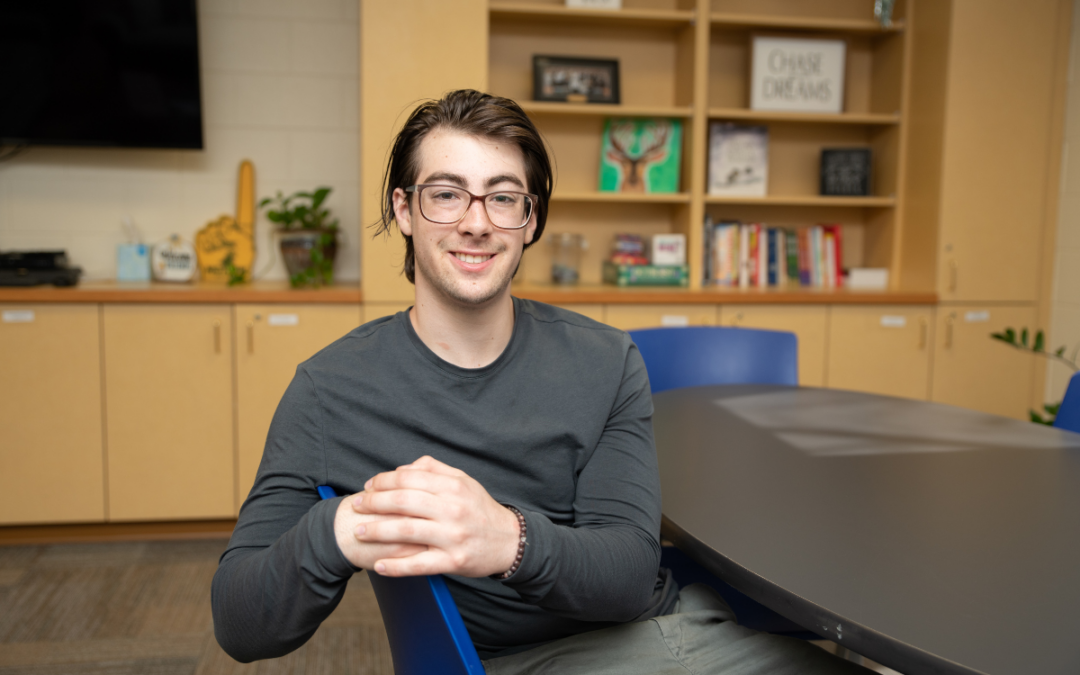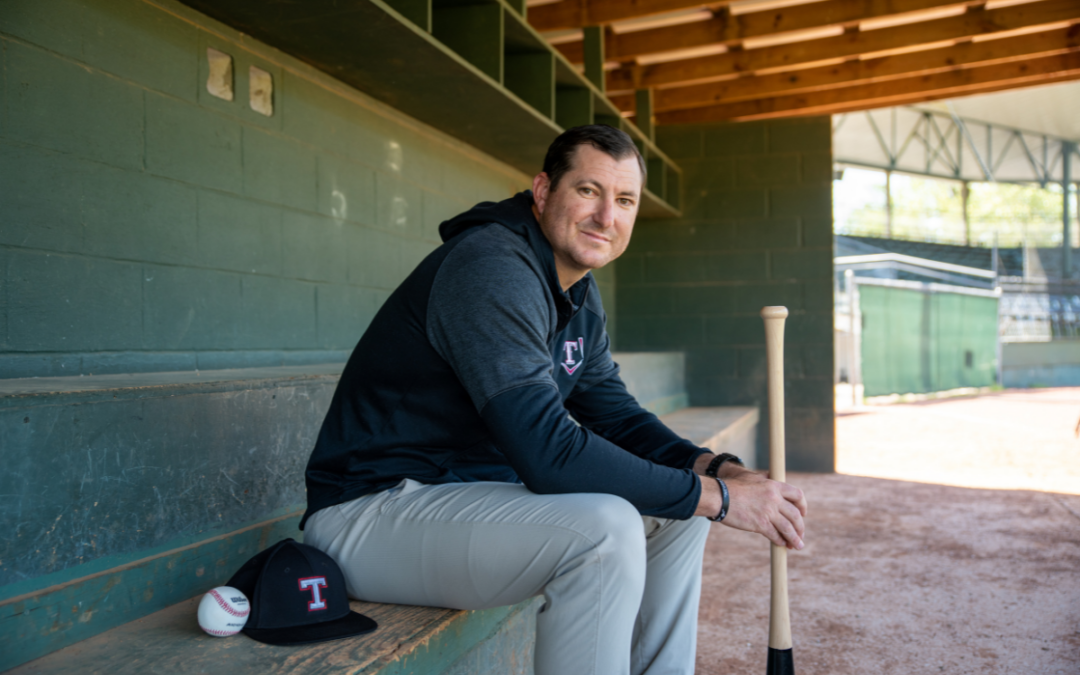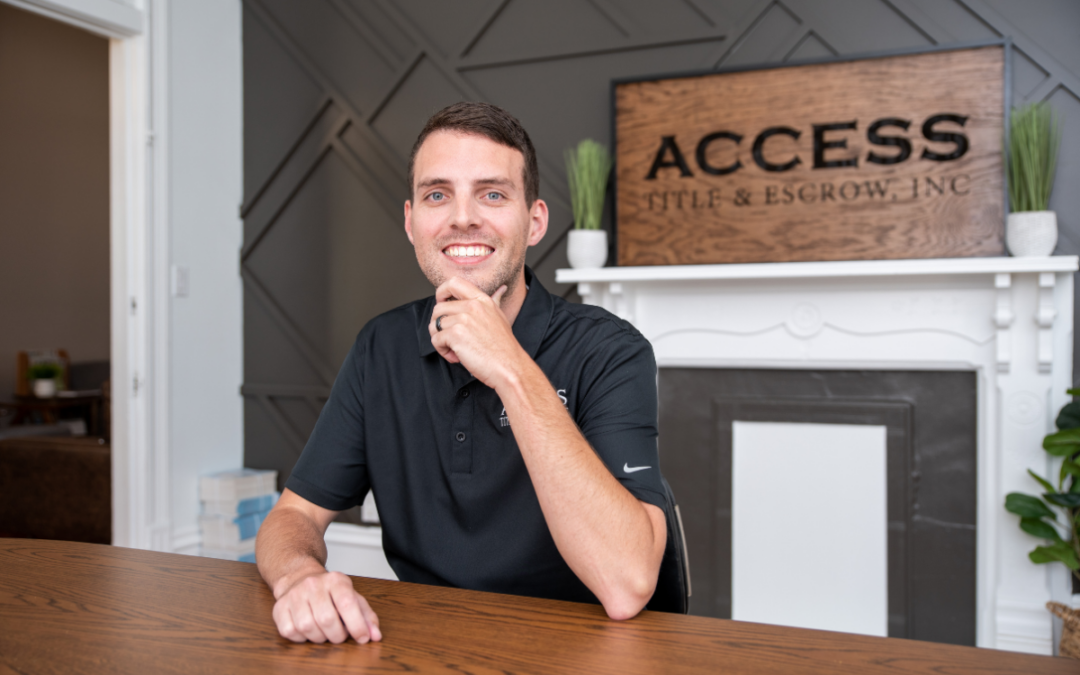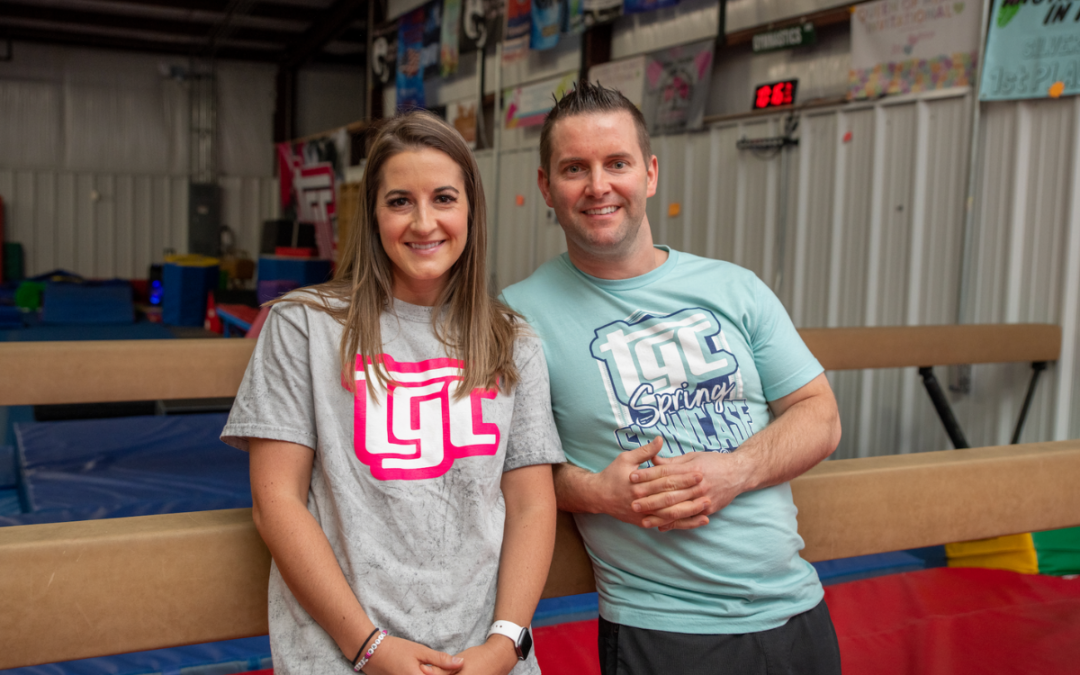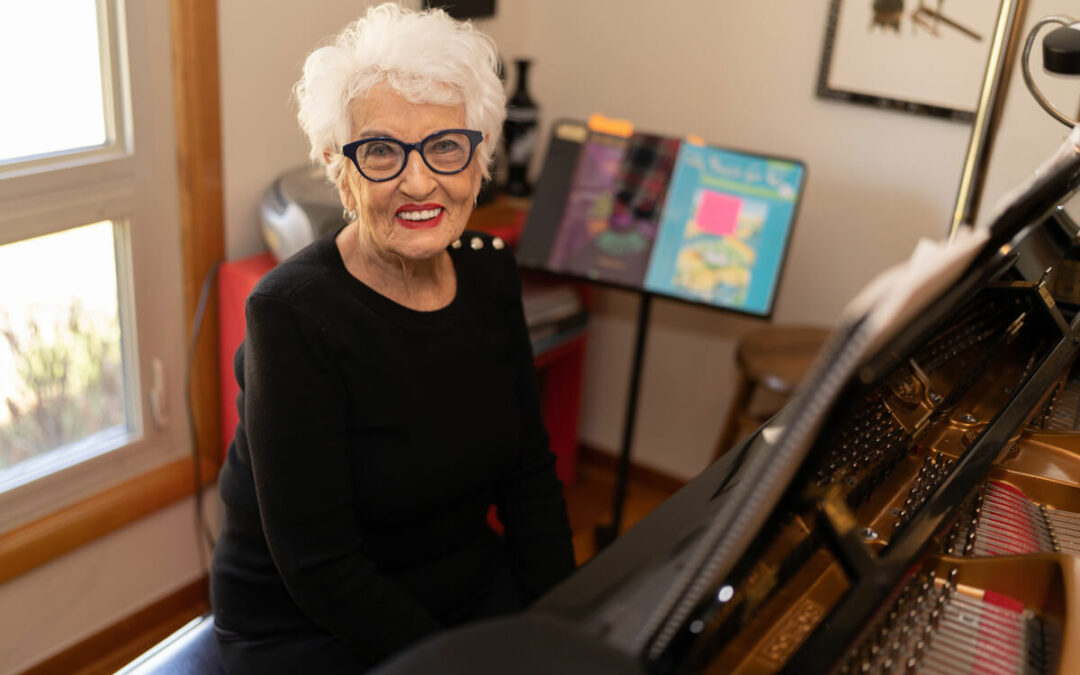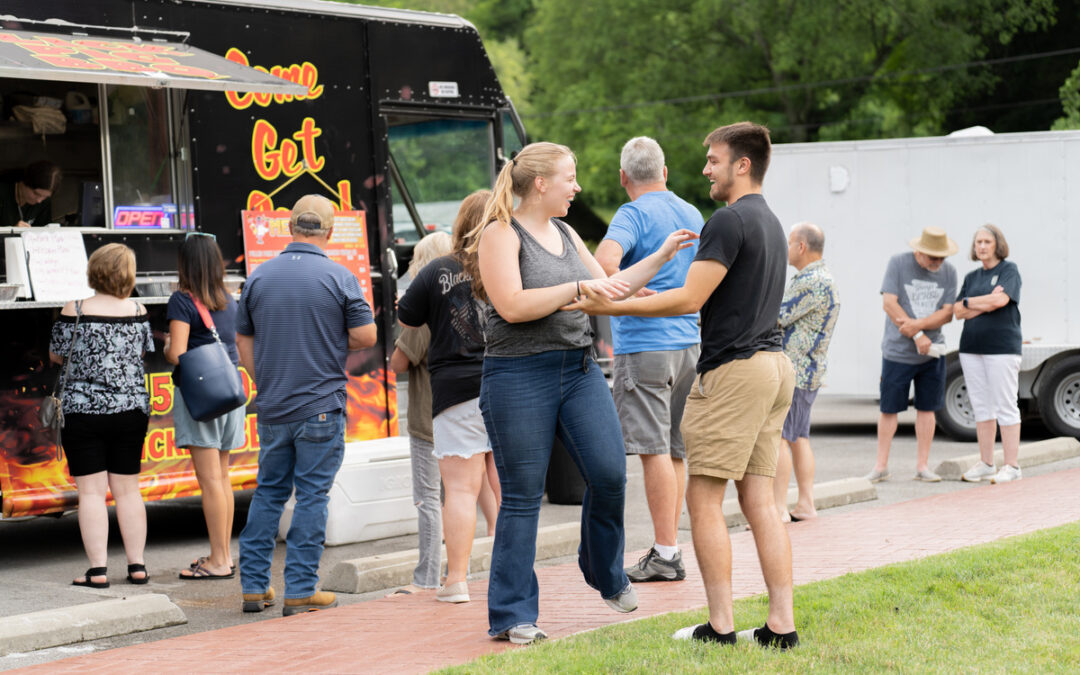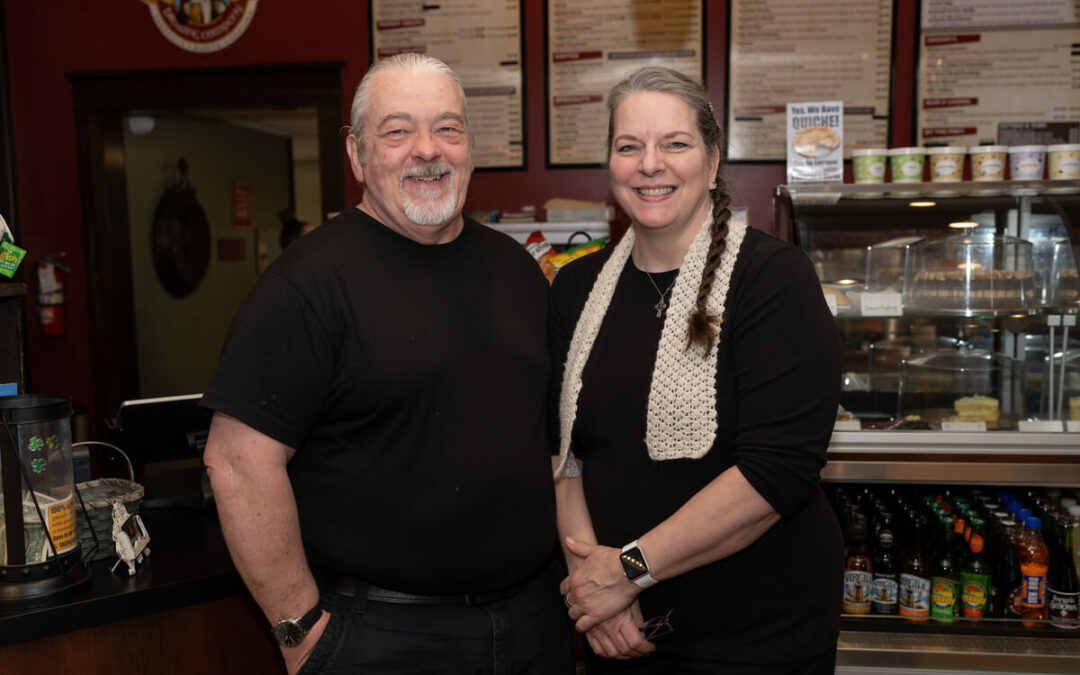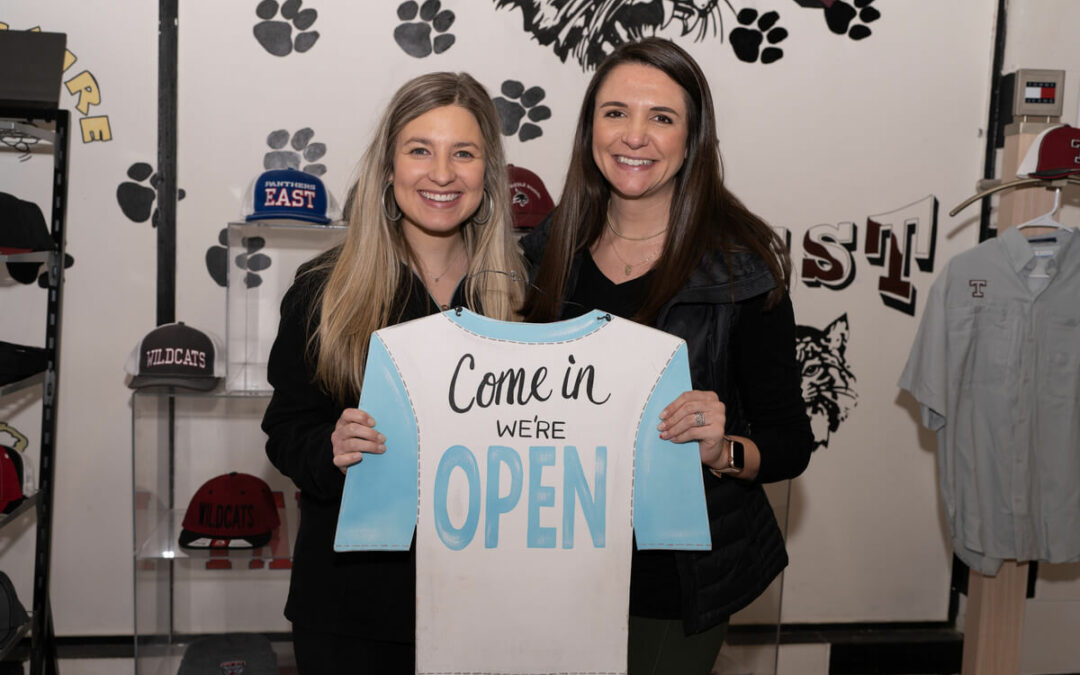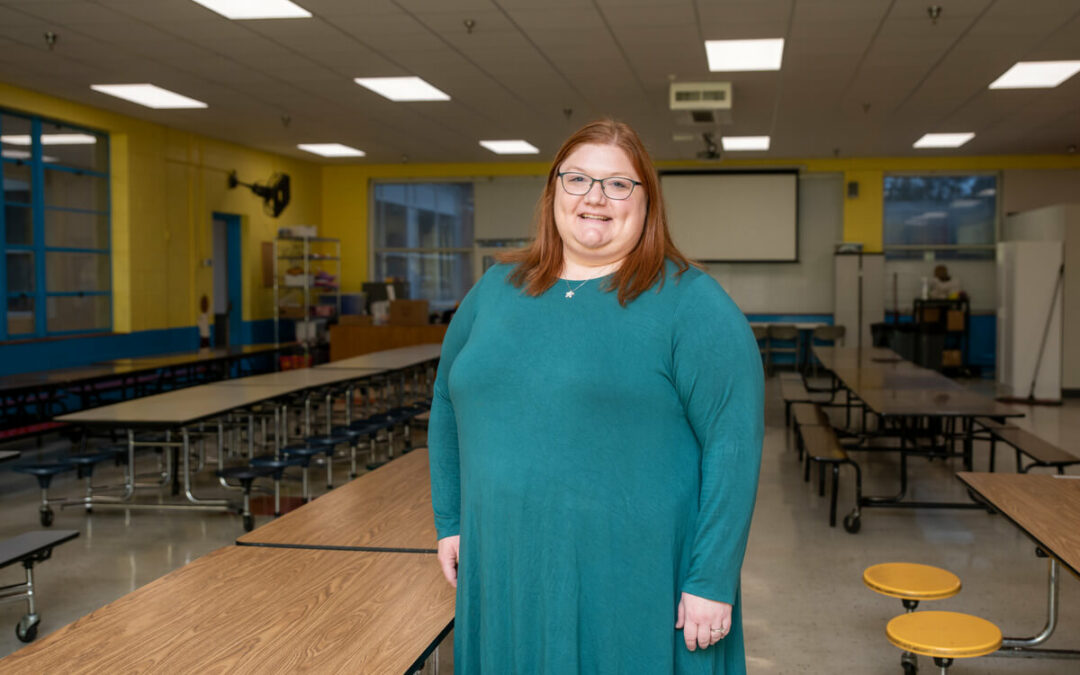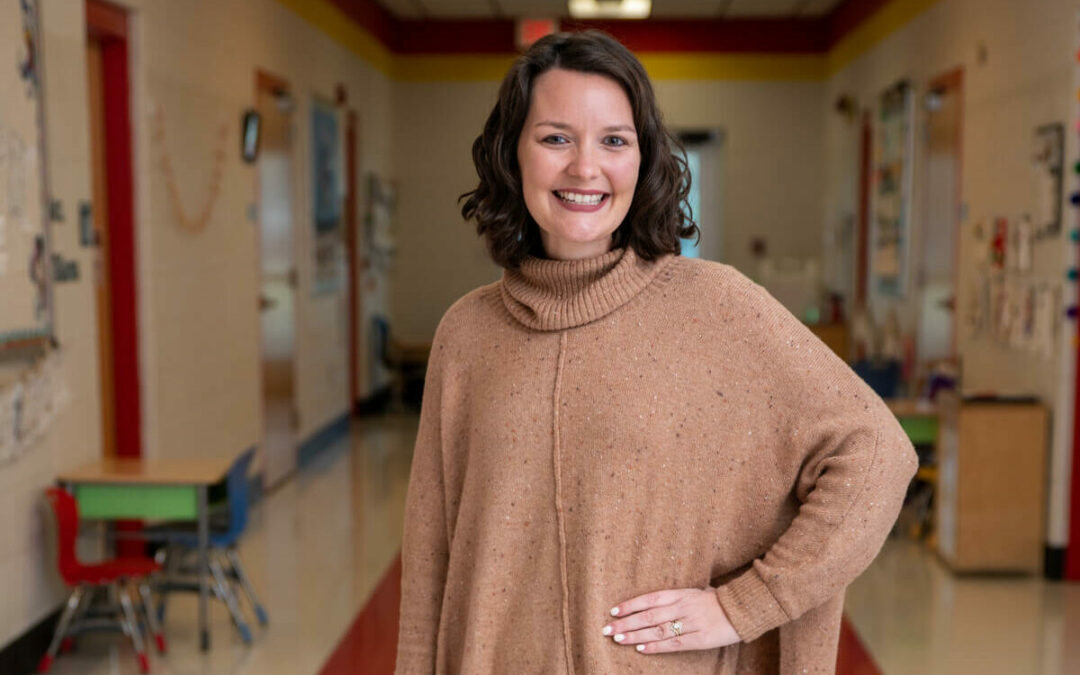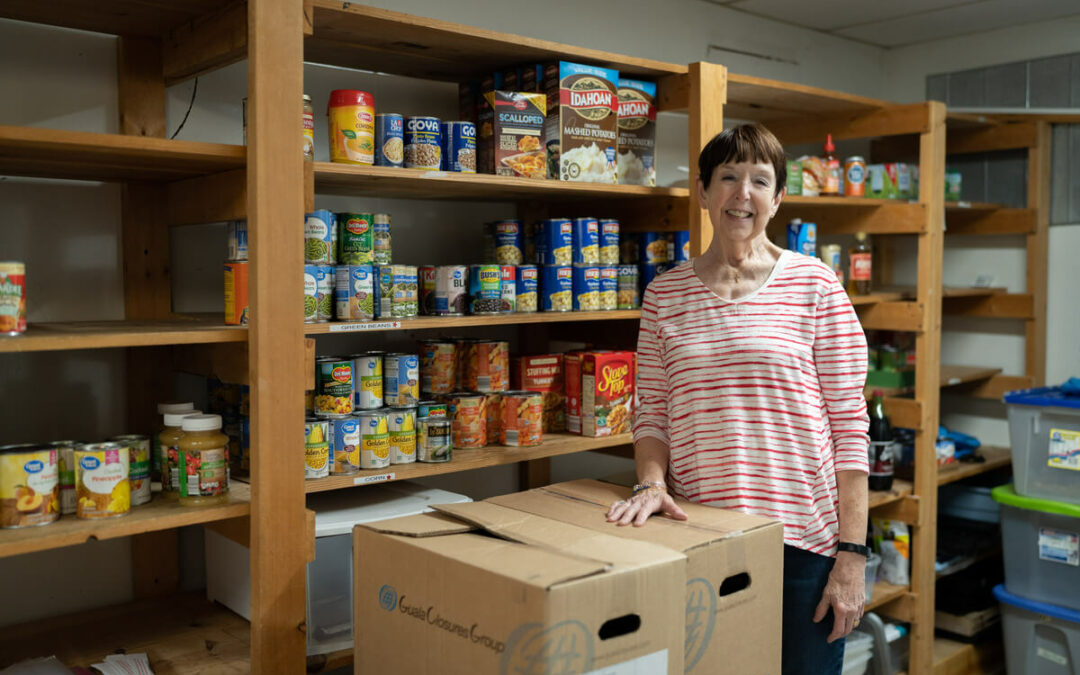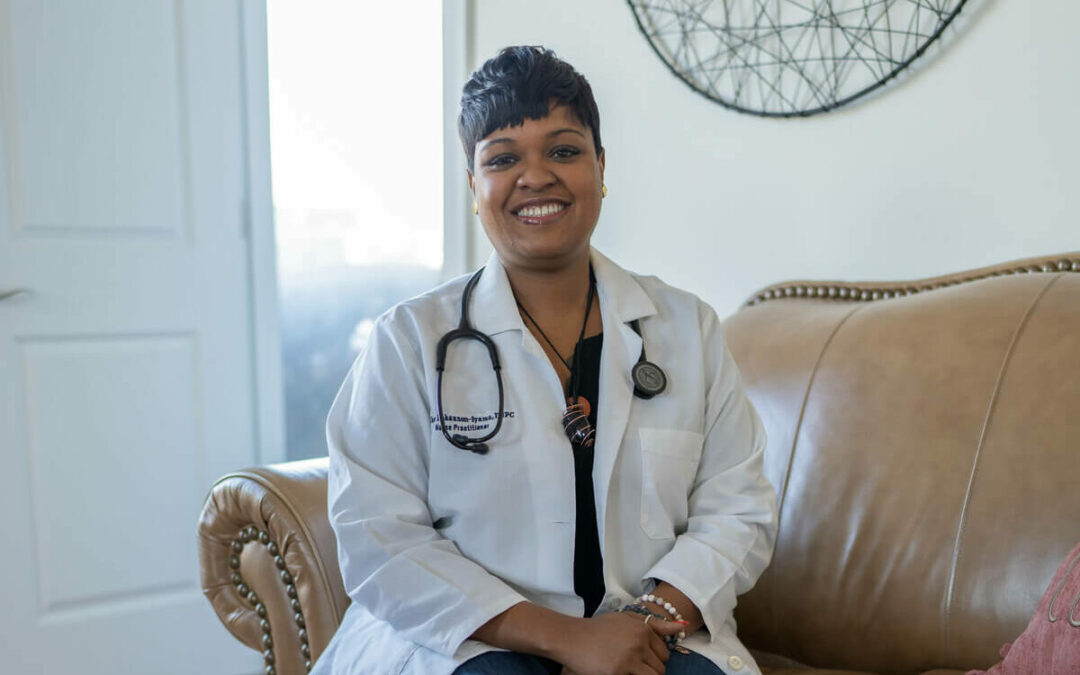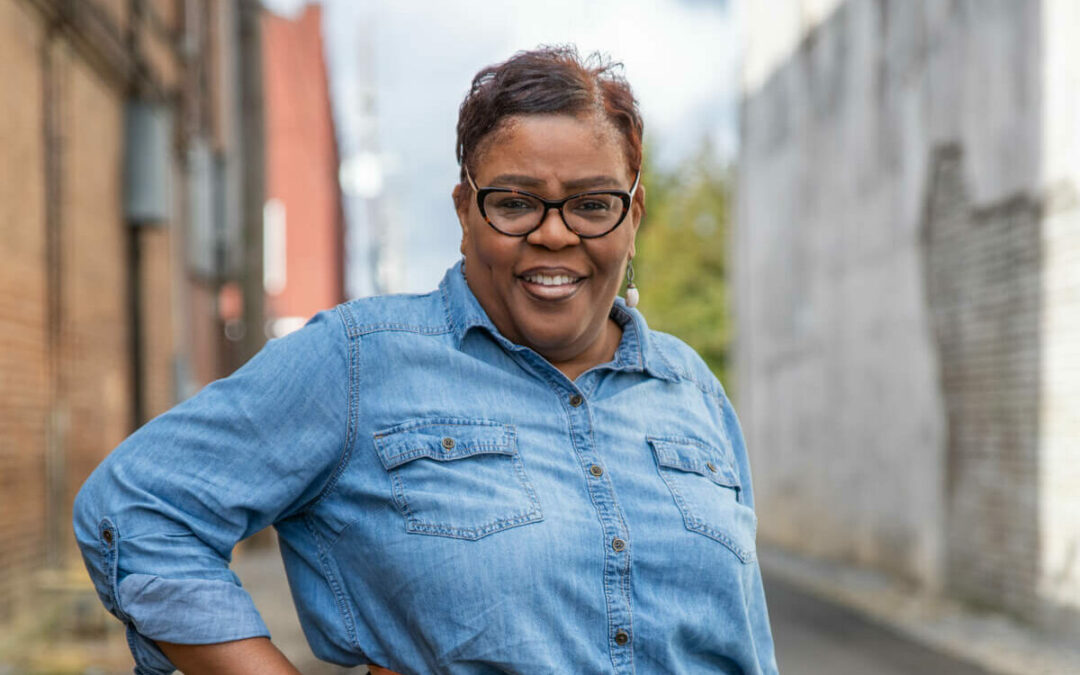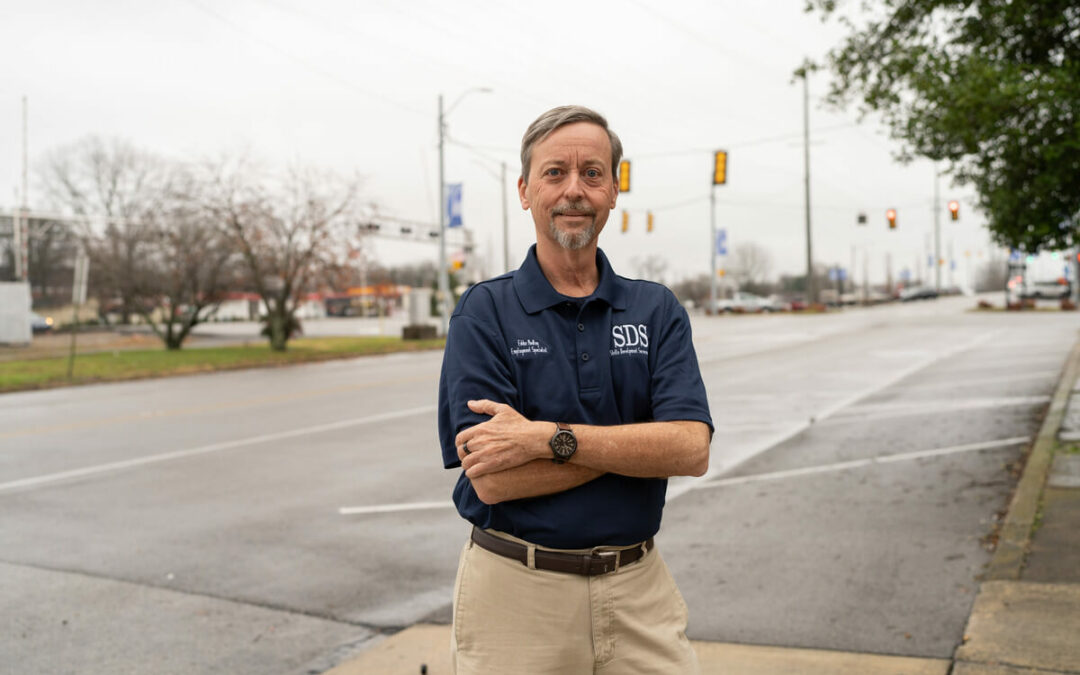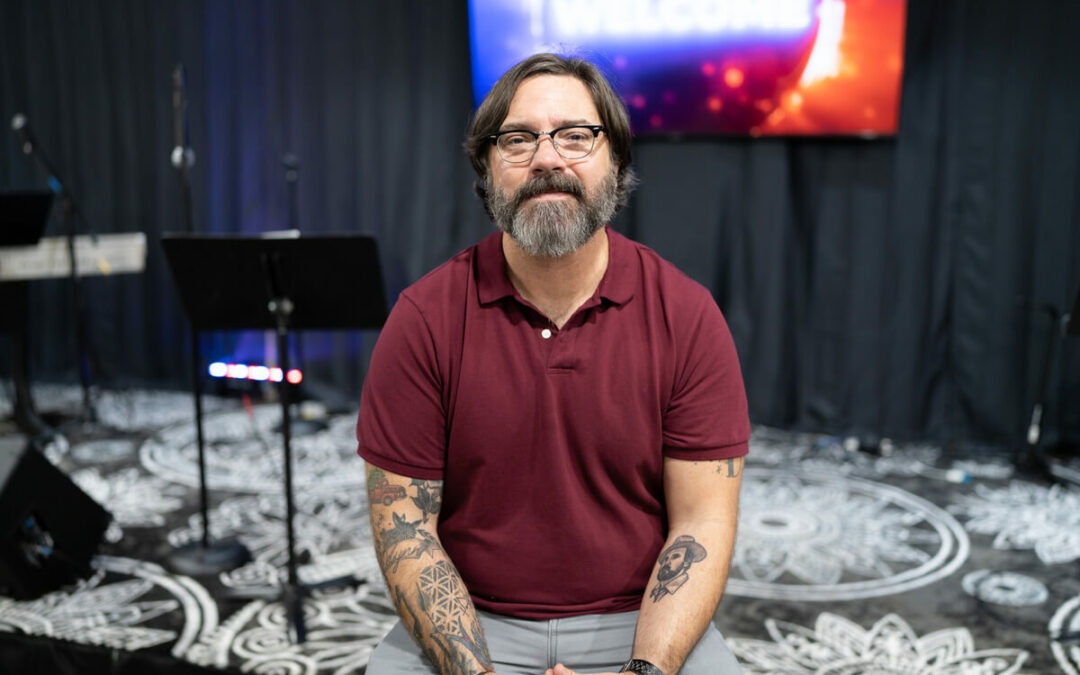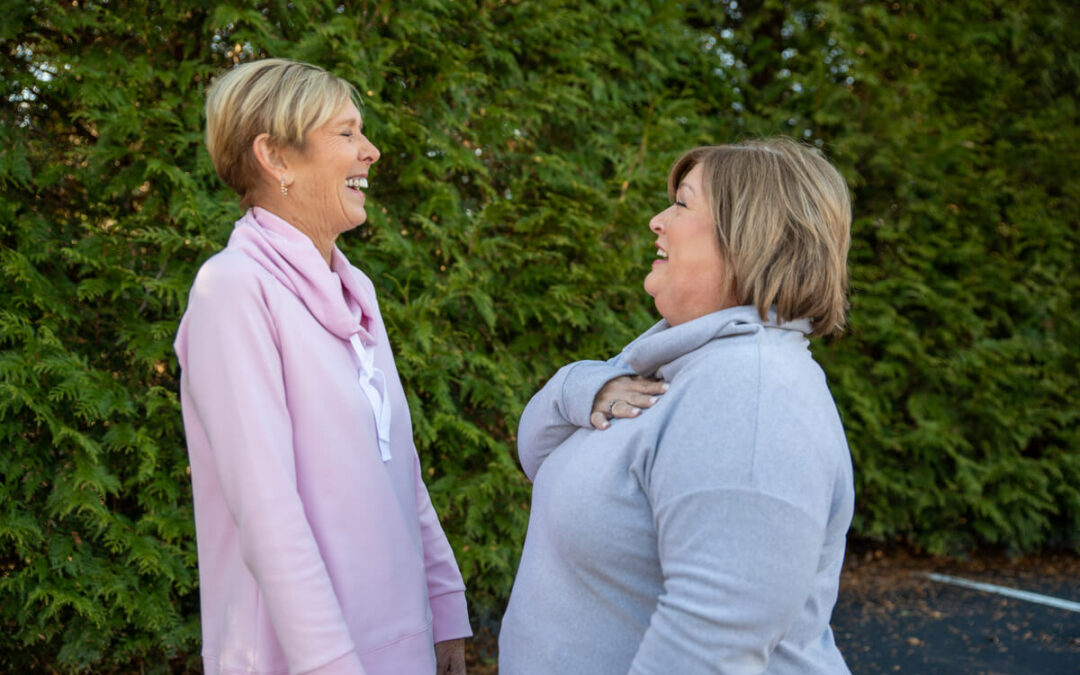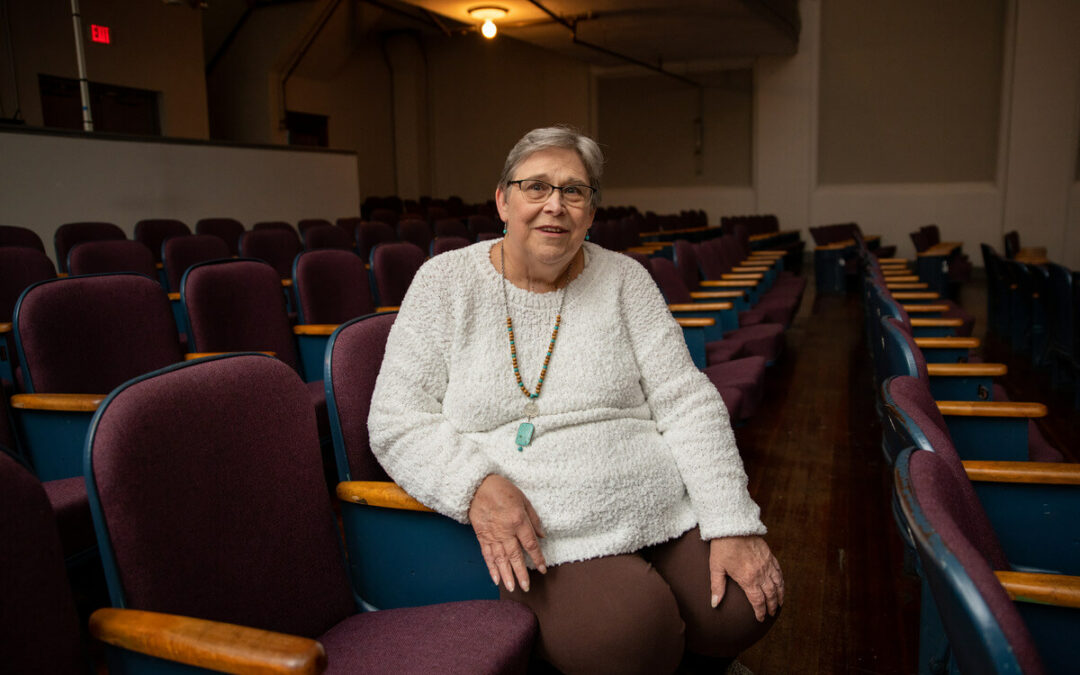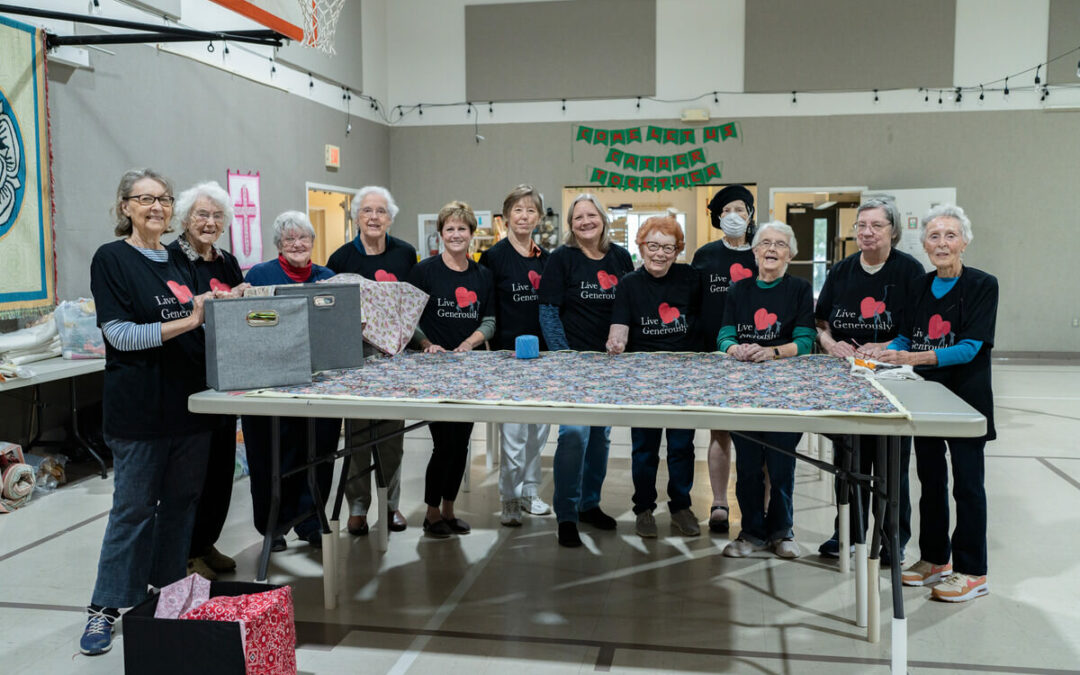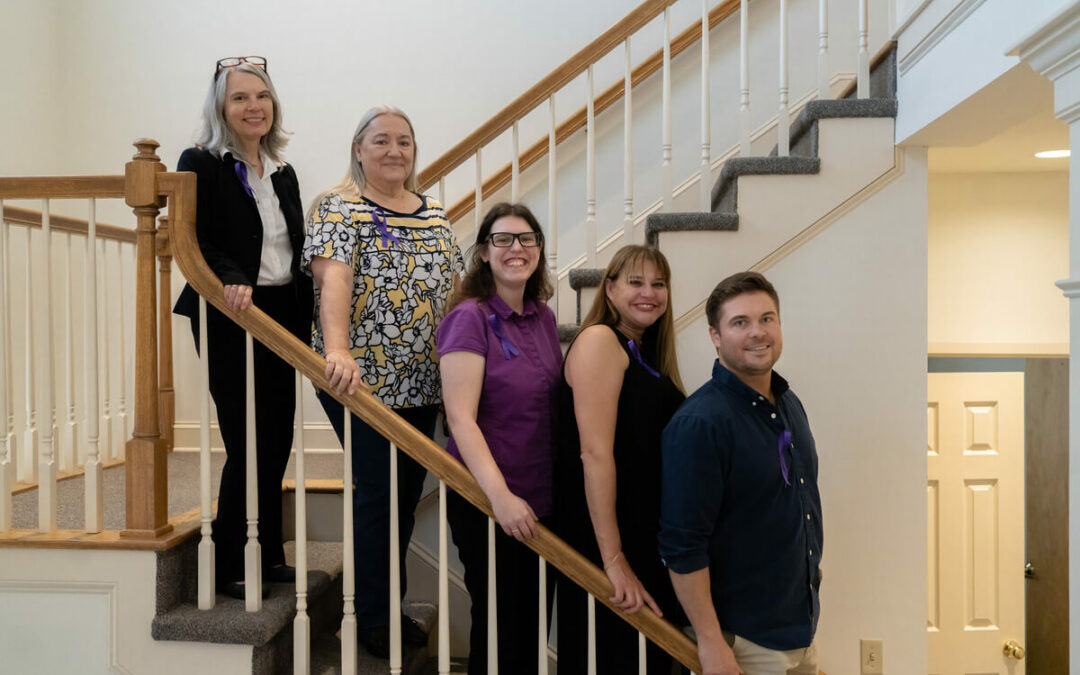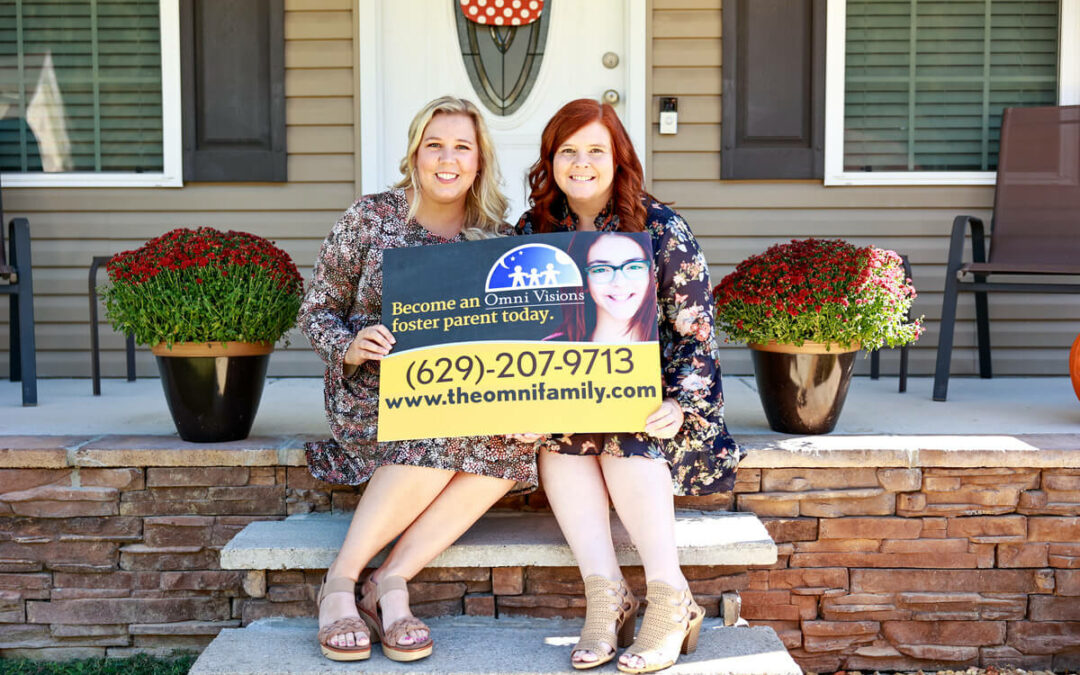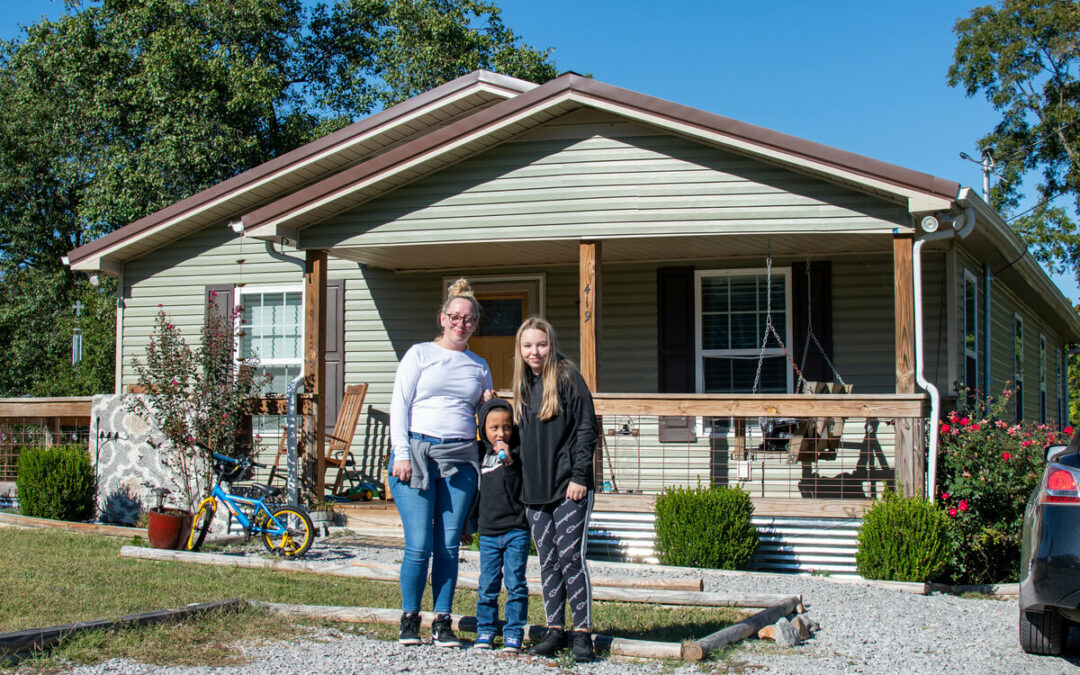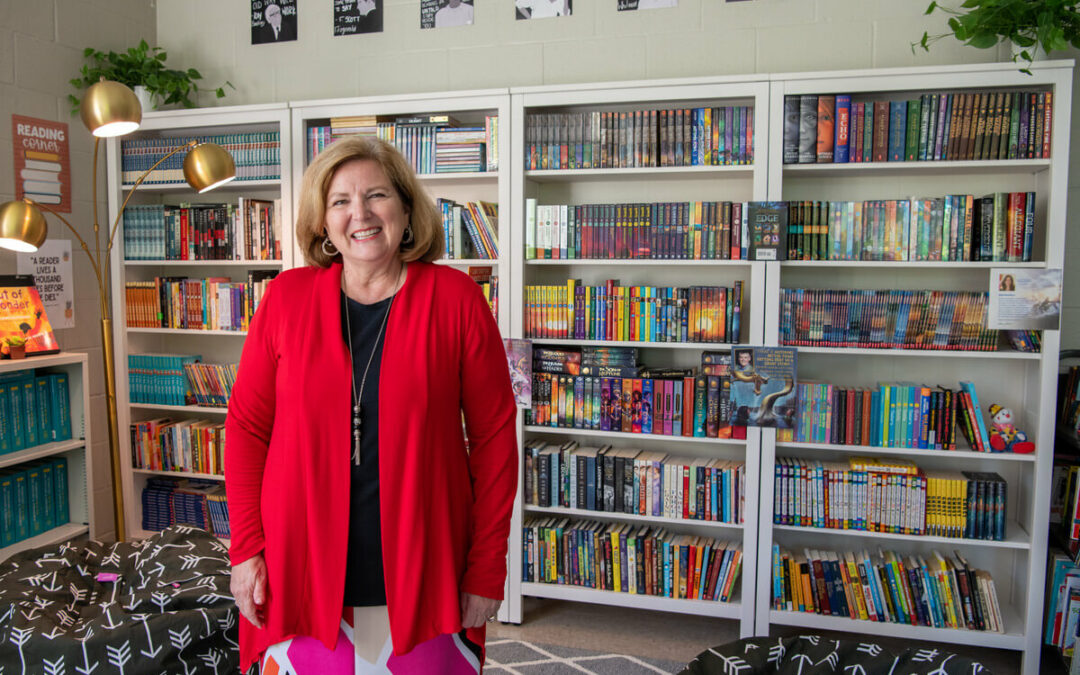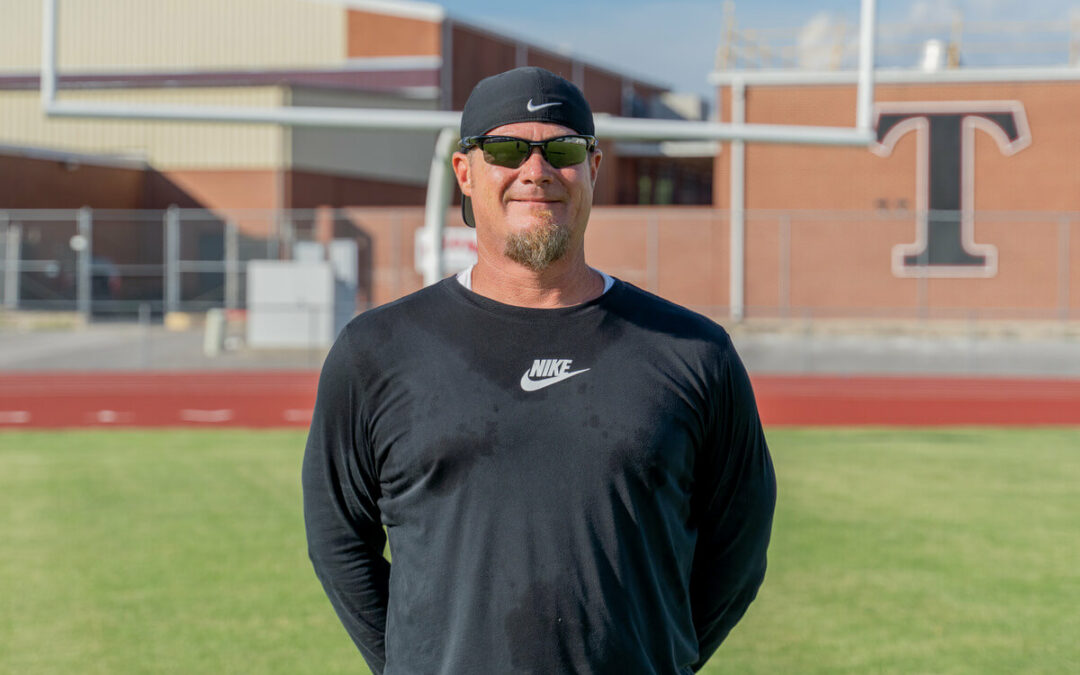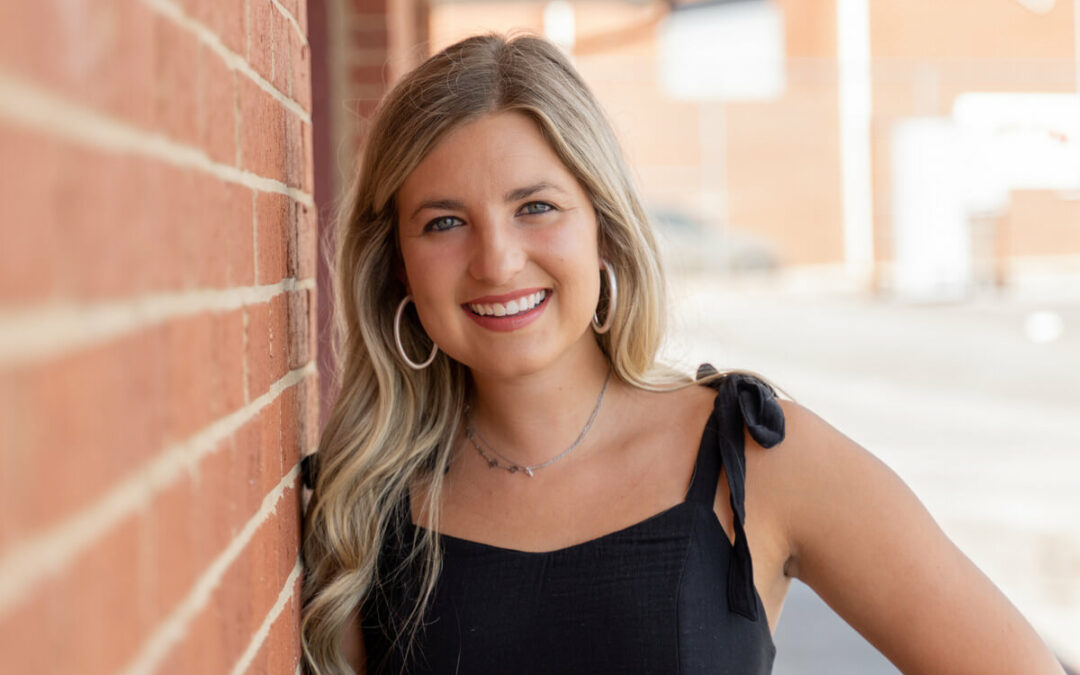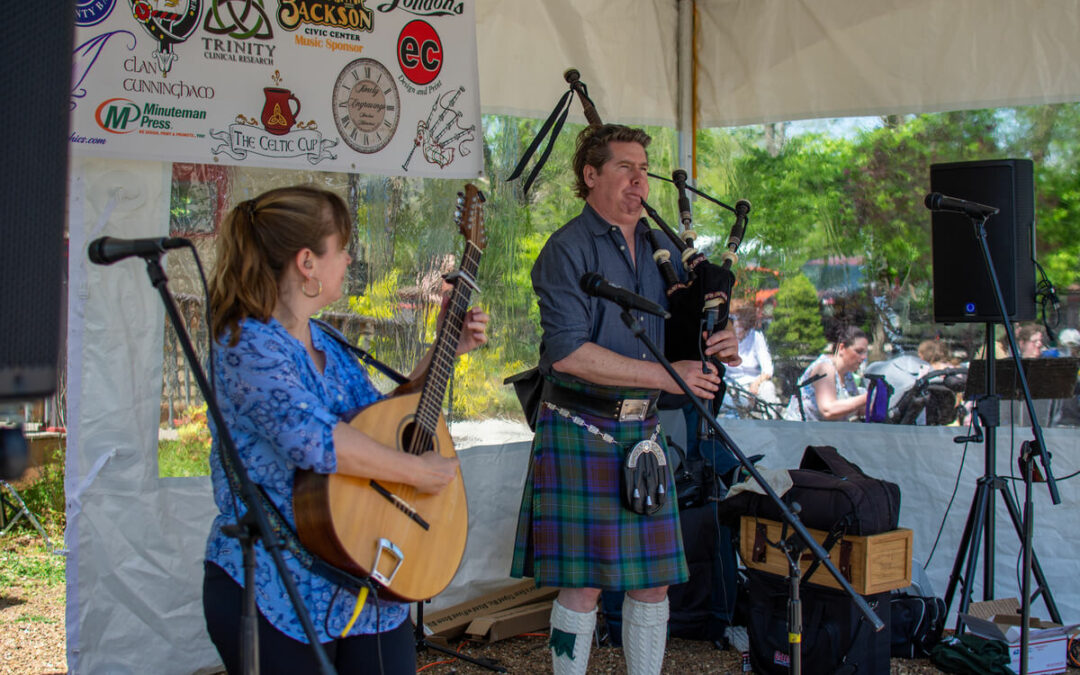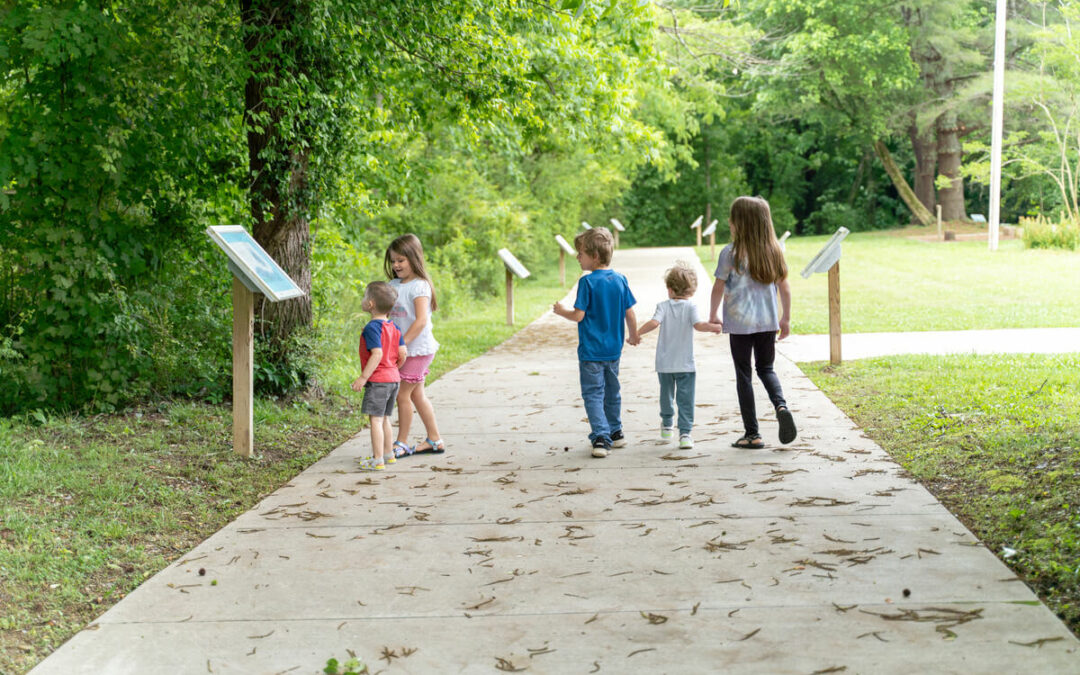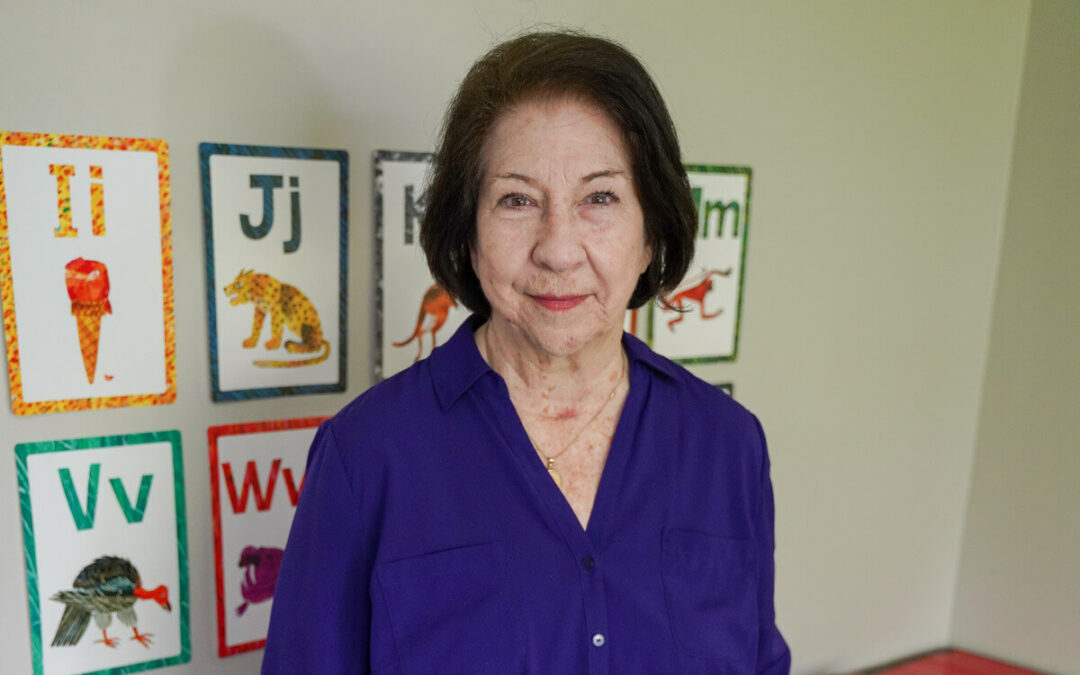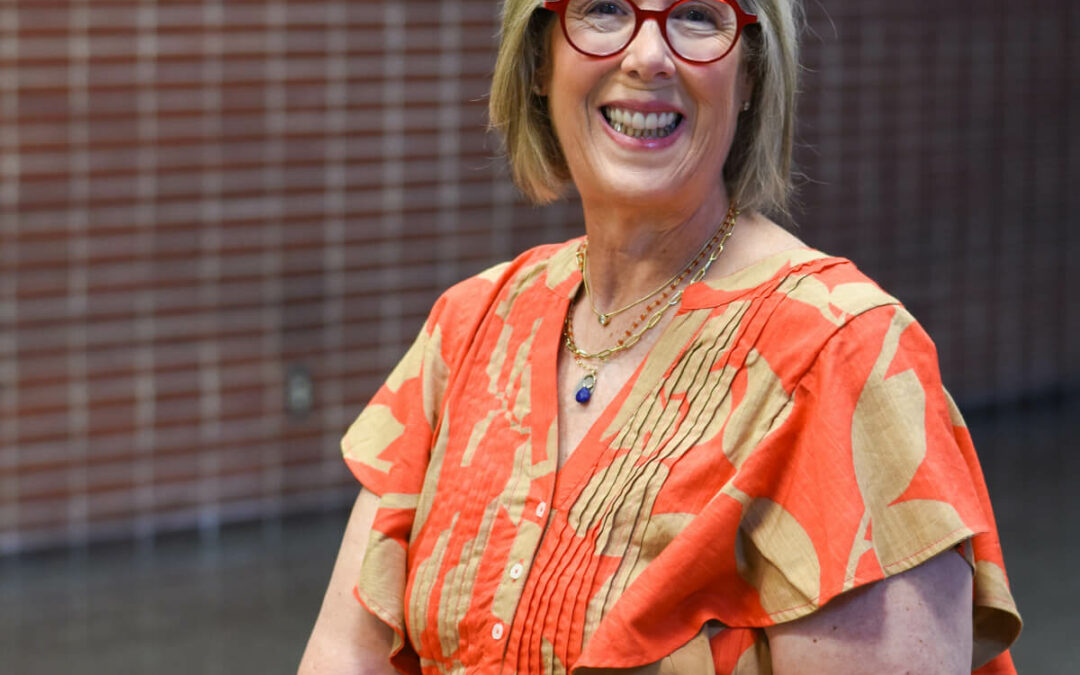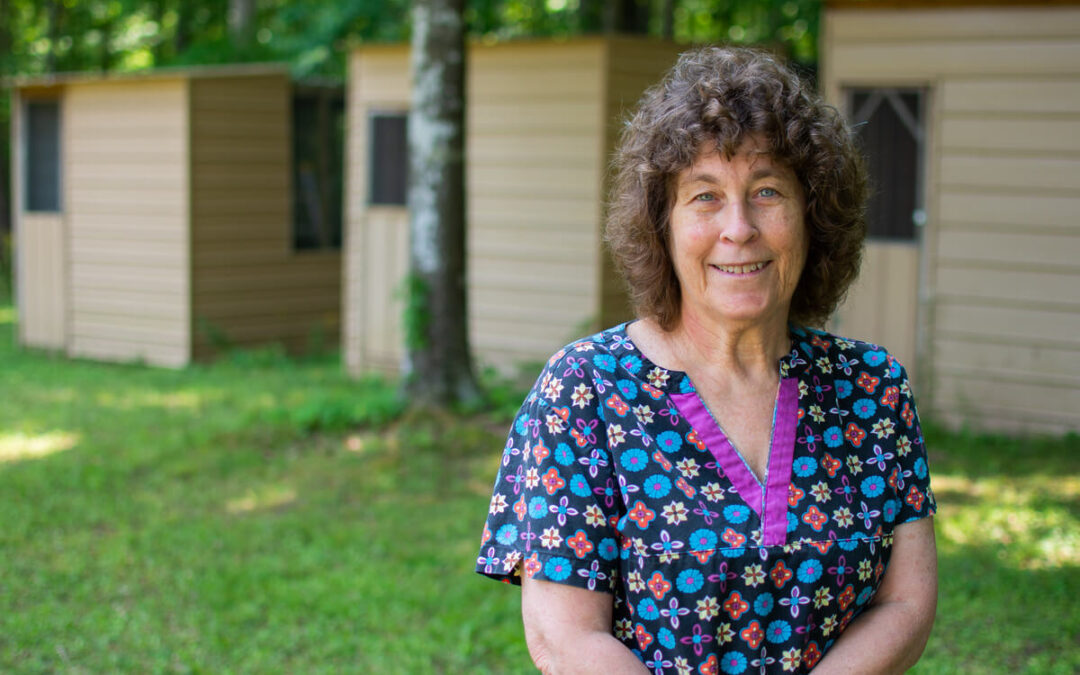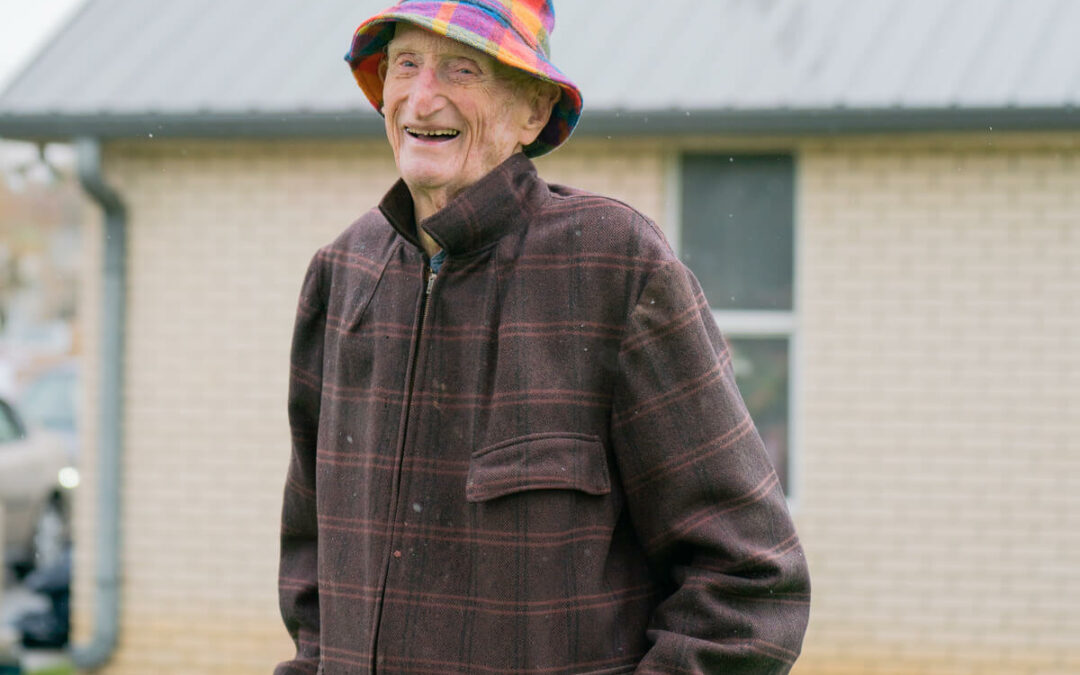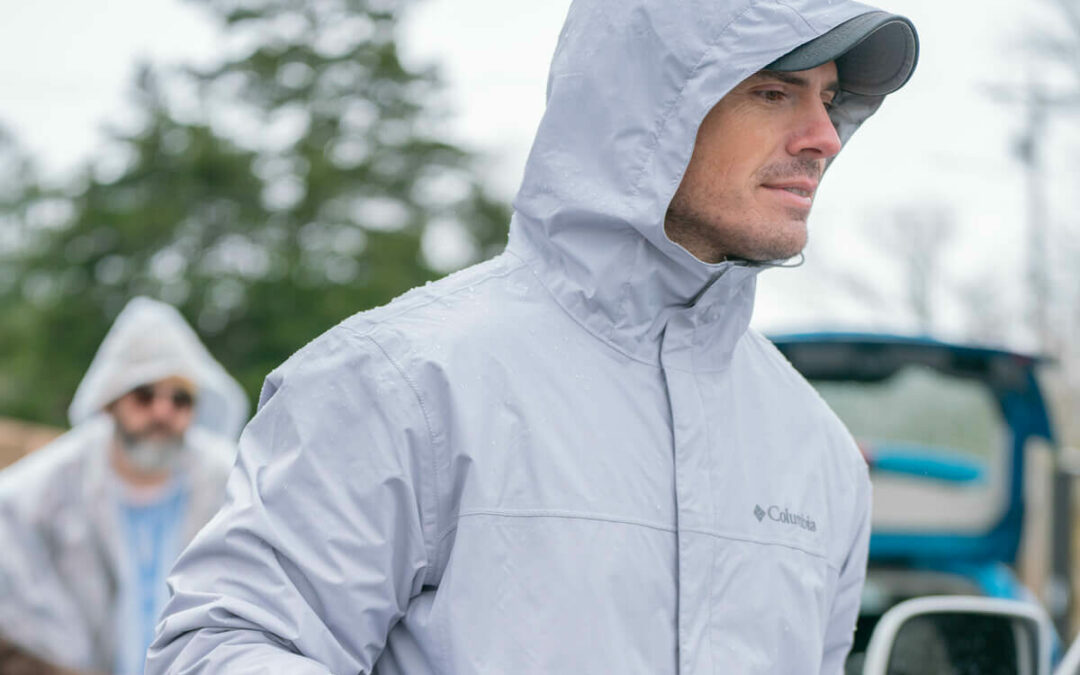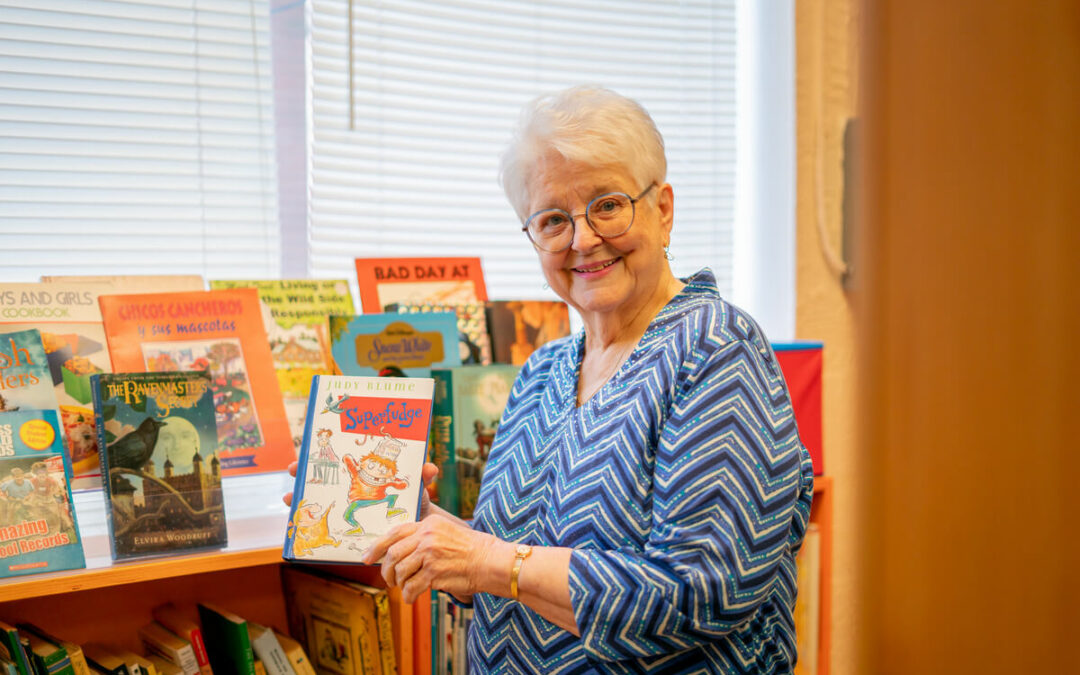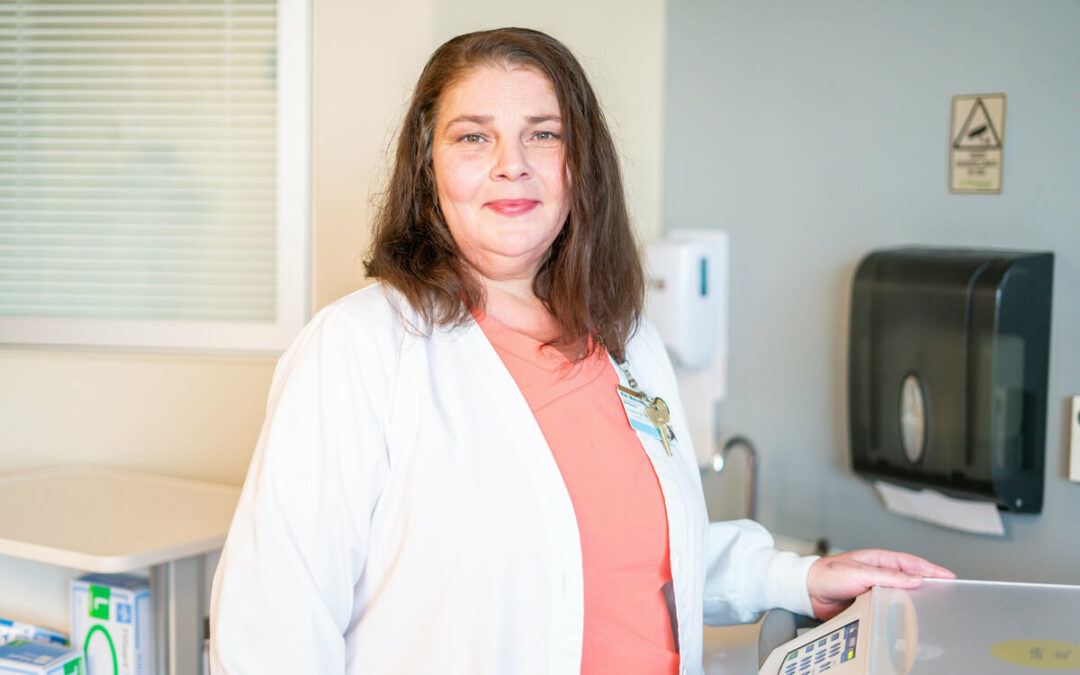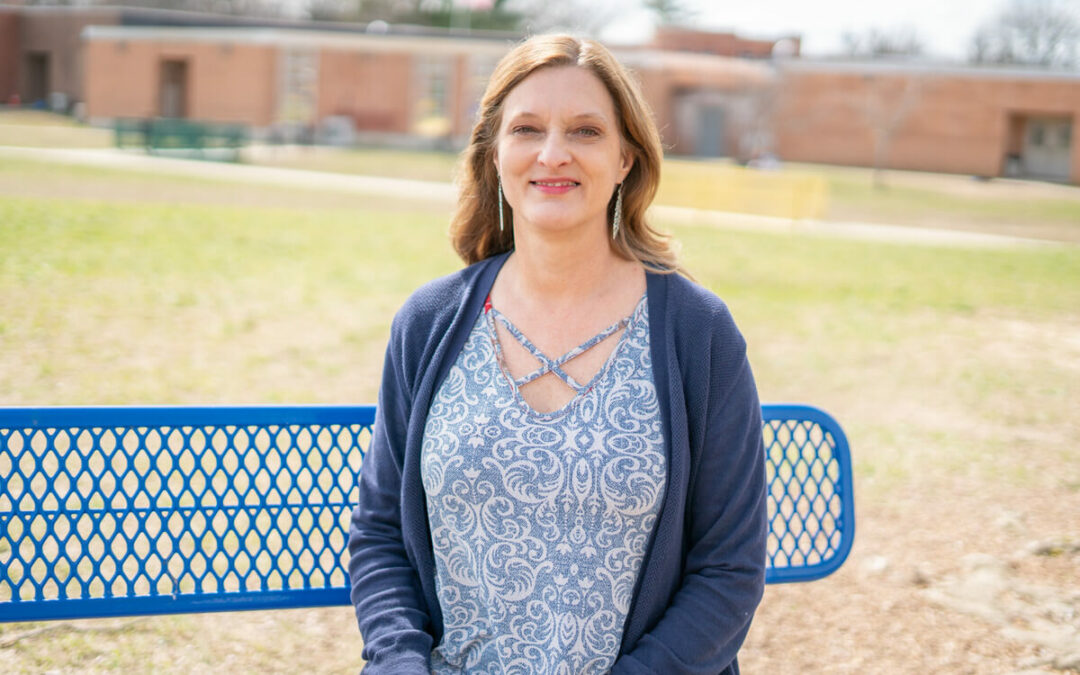What does it mean to practice medicine in a world increasingly reliant on technology? Dr. Stephen Bills, an internal medicine physician, offers a refreshing perspective. He prides himself on building meaningful patient relationships and taking the time to truly understand their families’ histories and backgrounds. In doing so, he challenges the status quo and reminds us of the timeless principles that have always guided the medical field.
As a trusted physician in Tullahoma, Bills exudes a refreshing mixture of humility and openness. He navigates its intricacies and limitations with an informed perspective. In a seemingly technology-centric world, Bills stands firmly by traditional methods that prioritize genuine relationships.
Interestingly, Bills’ path to medicine wasn’t always clear-cut. In his early years, he had entirely different aspirations.
“When I went to college, I thought that becoming a doctor would be nice, but I set my sights on becoming a forest ranger or pursuing a career in biology because I really enjoyed the subject,” he shared.
Bills attended Rhodes College, a liberal arts institution that allowed him to excel in any field he chose. During his freshman year, he began to recognize his academic potential and consistently earned good grades. But he wasn’t the only one who noticed. One of his history professors saw a bright future ahead of him and encouraged him to consider the field of medicine.
“He counseled me and told me that I should set my sights on being a physician because he felt like I had the character and intellect to proceed. I think he was a real inspiration to me.”

Encouraged by his professor’s confidence in him, Bills began to dream bigger. However, more than just academics influenced his return to Middle Tennessee to study medicine.
“Several factors drove us to reside in Tullahoma. I was accepted to Vanderbilt Medical School in the heart of Middle Tennessee. My high school sweetheart, also a Tullahoma high school graduate, and I were married in 1975. We always felt Tullahoma was our home, and we wanted to raise our family there. Finally, we perceived, and the Harton Hospital administration agreed that there was a need for us in Tullahoma.”
Ultimately, with opportunity and dedication to his studies, a legacy of patient care in internal medicine began to unfold.
“I believe I had opportunities that no one else in my family had enjoyed,” he reflected.
The drive and discipline he learned from his parents, coaches, and teachers spawned a successful medical career.
From Bills’ perspective, every patient encounter is an opportunity to uniquely know and connect with their concerns. In his experience, diagnoses often reveal themselves more through patient observations, appropriate questions, and a hands-on physical evaluation.

He encourages younger physicians and nurse practitioners to rely more on time-tested patient interviews and examinations to determine possible diagnoses that may explain a patient’s symptoms.
“Ninety percent of the time, a diagnosis comes from a thoughtful history and hands-on physical exam. Expensive and often unnecessary testing should be done primarily to confirm your thoughts. Referrals are made when specialty treatment is required or diagnosis is unclear.
“The fact remains, most of the time, the patient will communicate what is wrong with them.”
Though he values tradition wholeheartedly, Bills recognizes the value of an electronic record.
“Electronic record systems prompt your memory, make you aware of other physician inputs, draw attention to medication interactions, and allow increased cost recoupment. Negative consequences occur when more time is spent interacting with the electronic record than with the patient,” Bills asserted.
“A recorded history and physical of the past should never trump information and physical facts of the present,” Bills cautioned.

By getting to know patients on a personal level, he feels he can offer comprehensive solutions and show them that he isn’t just here to diagnose illnesses but is thoroughly invested in their physical and spiritual well-being.
With capable staff to assist him in navigating the intricacies of electronic systems that his workplace demands, Bills has more time to primarily focus on helping his patients live healthier lives.
Bills treats many adult patients, many of whom are older, some surpassing a century in age. Caring for these individuals has helped him better understand the human body’s uniqueness and the role of genetics and lifestyle in leading long and sustainable lives. He vividly recalled a patient who lived to 106, noting that although genes play a role in aging, each patient’s journey is unique.
“My practice is very much a sharing of minds and a sharing of experiences and feelings, and these older patients are very dear to me.”
Though Bills acknowledged the beauty of living a long, fulfilling life, he believes there is no specific cheat code for longevity.
“I think it’s great when you can live that long, and some of it is due to the fact that they took really good care of themselves,” he explained.
“But not everyone who takes care of himself lives a long life. Health is a gift, and life can end due to unforeseen events at any time. And yet, we all live in hope that our lives have meaning. It is our duty to constantly remind our patients of the source of that hope and meaning.”

Bills’ outlook on patient-centered care comes from his earnest desire to help his patients lead healthier, happier lives. While technology may advance extremely fast, he believes in returning to the fundamentals of patient care.
In his view, the future of health care should strike a balance, embracing technology without sacrificing the irreplaceable value of a doctor’s touch, intuition, and genuine care for the person.
Aside from building relationships and understanding patients, Bills believes another component of basic medical care is humility.
“If you practice medicine long enough, despite your best efforts, you will be humbled. Mistakes will be made, and even knowledge of disease will change. You become more thankful for the right decisions you were able to make, and you become more grateful for the kind, understanding patients who recognized you were doing your best, even when that wasn’t enough.”
Through the stories he’s gathered over the years, Bills has learned that true healing comes from humility, understanding, and, above all, a genuine love and concern for humanity. This is his belief — and one that he hopes will continue long after his own time in medicine comes to an end. GN


